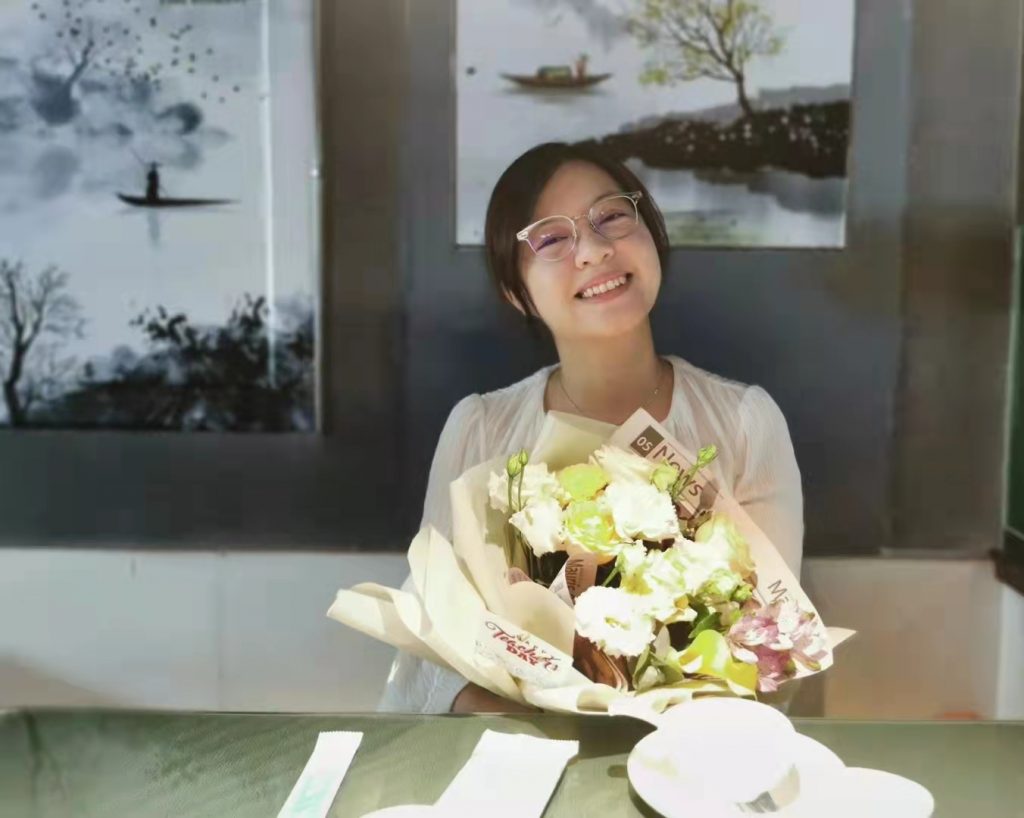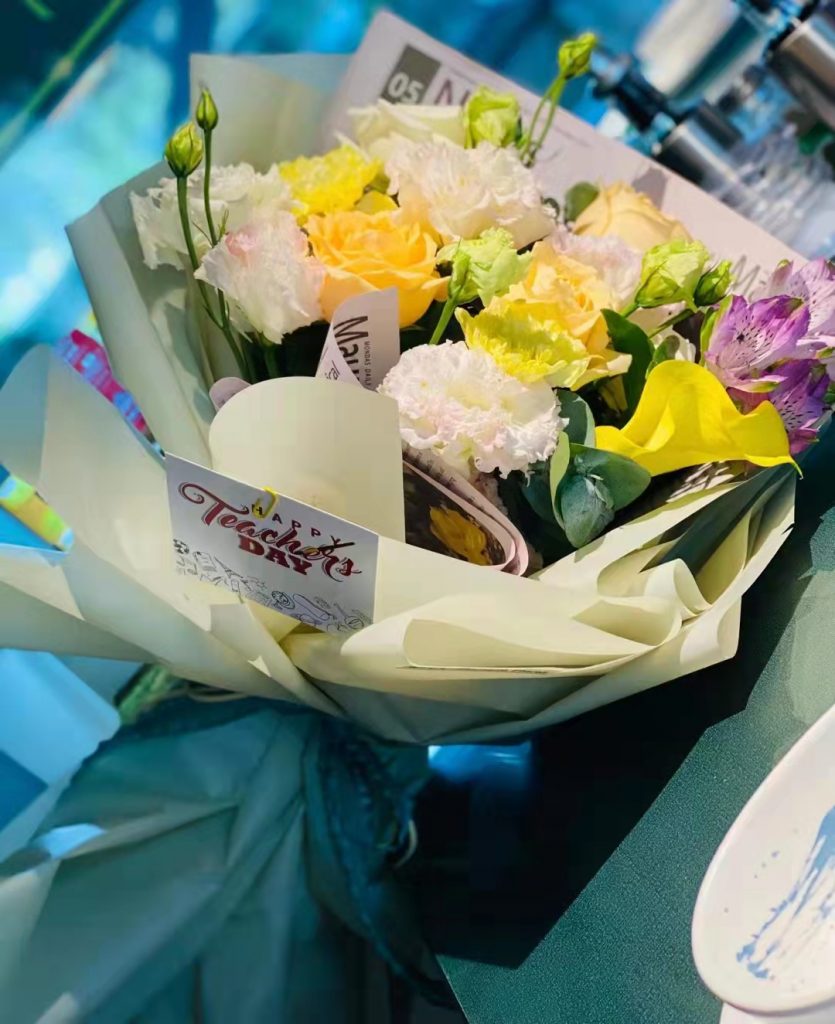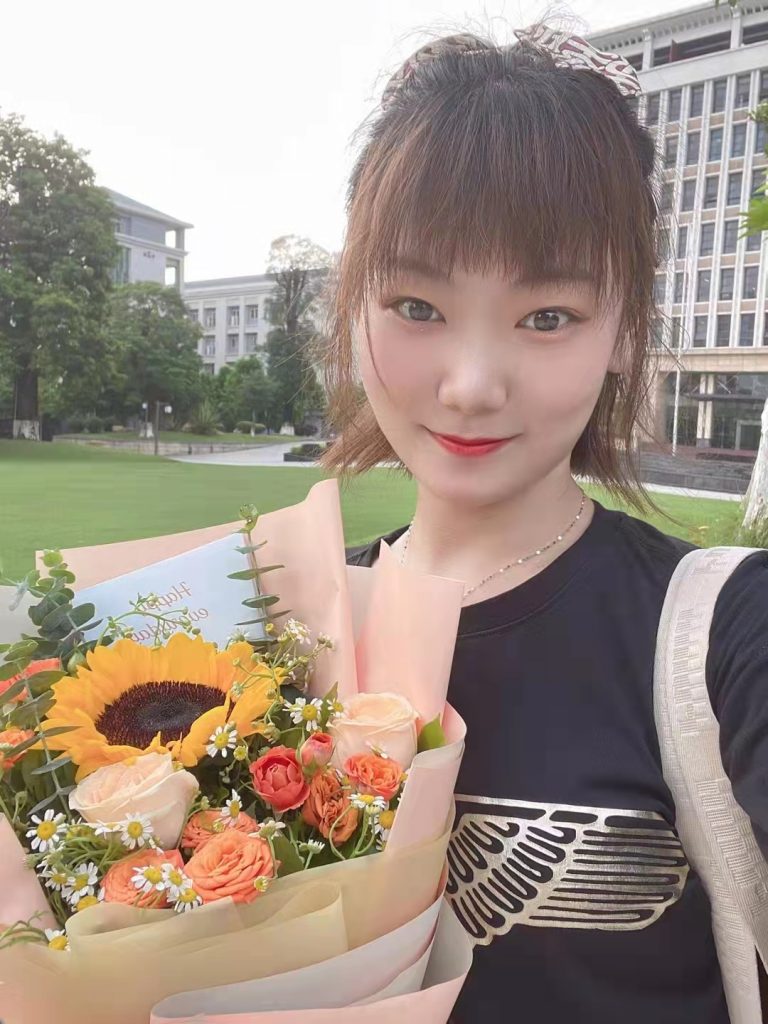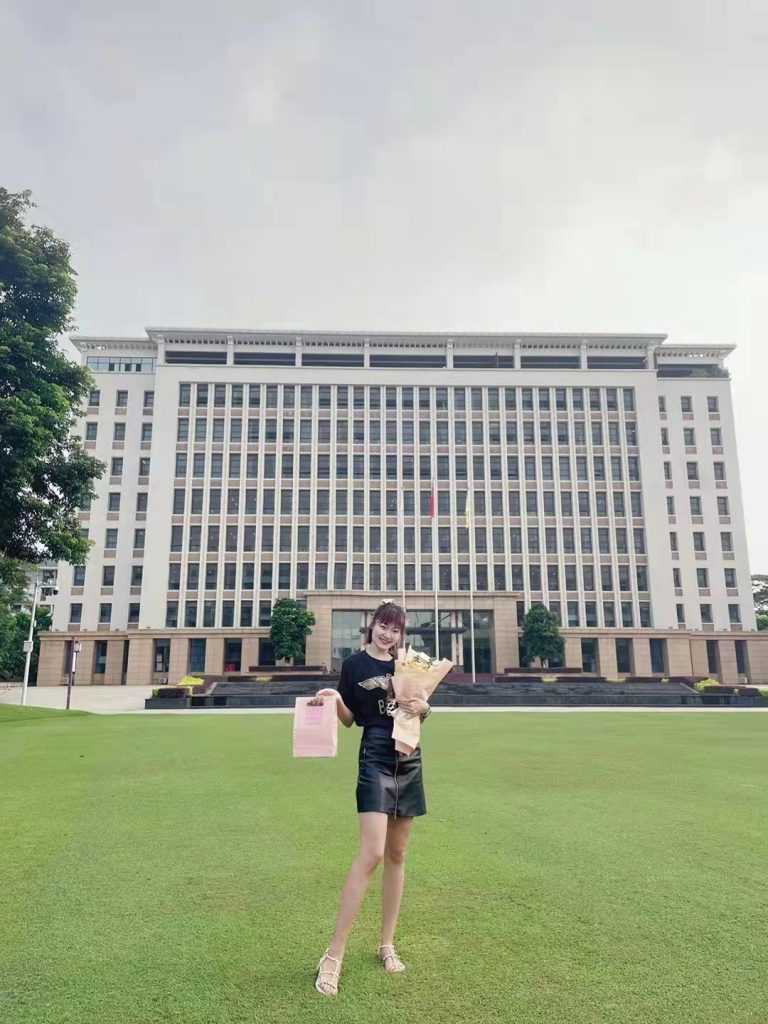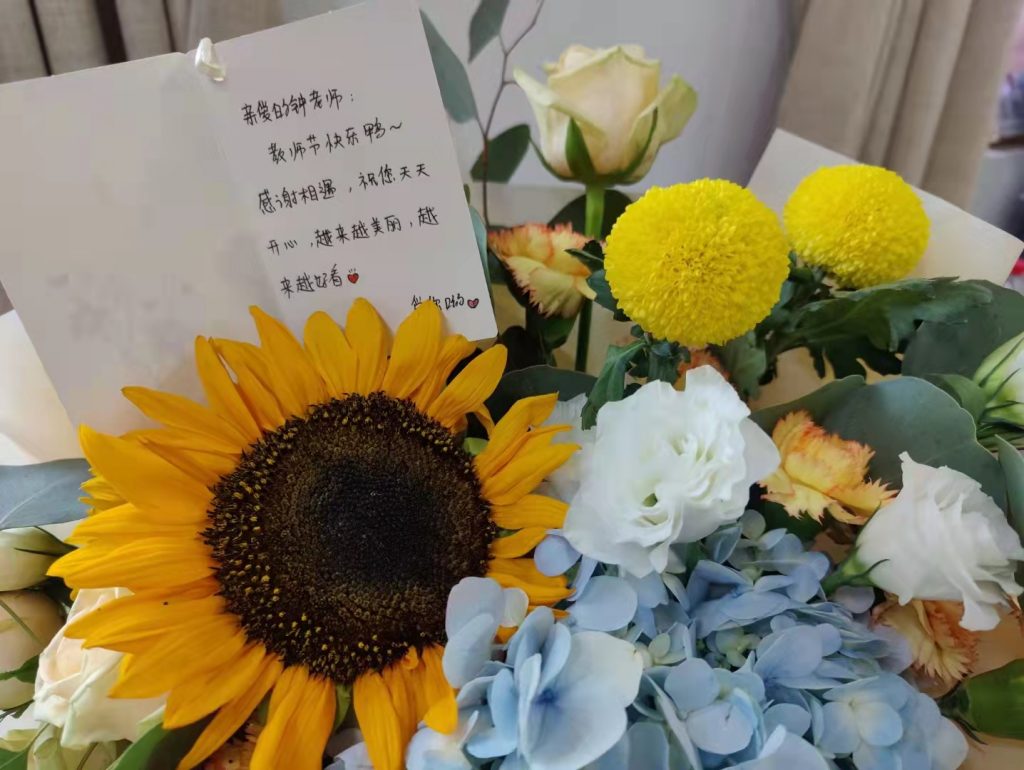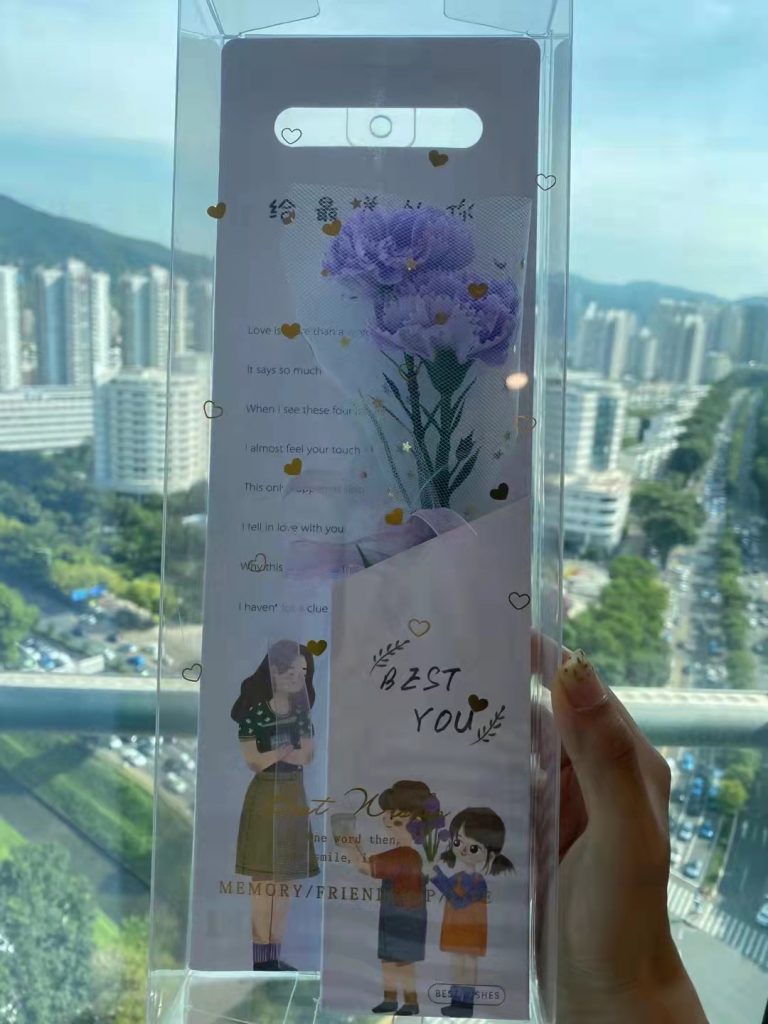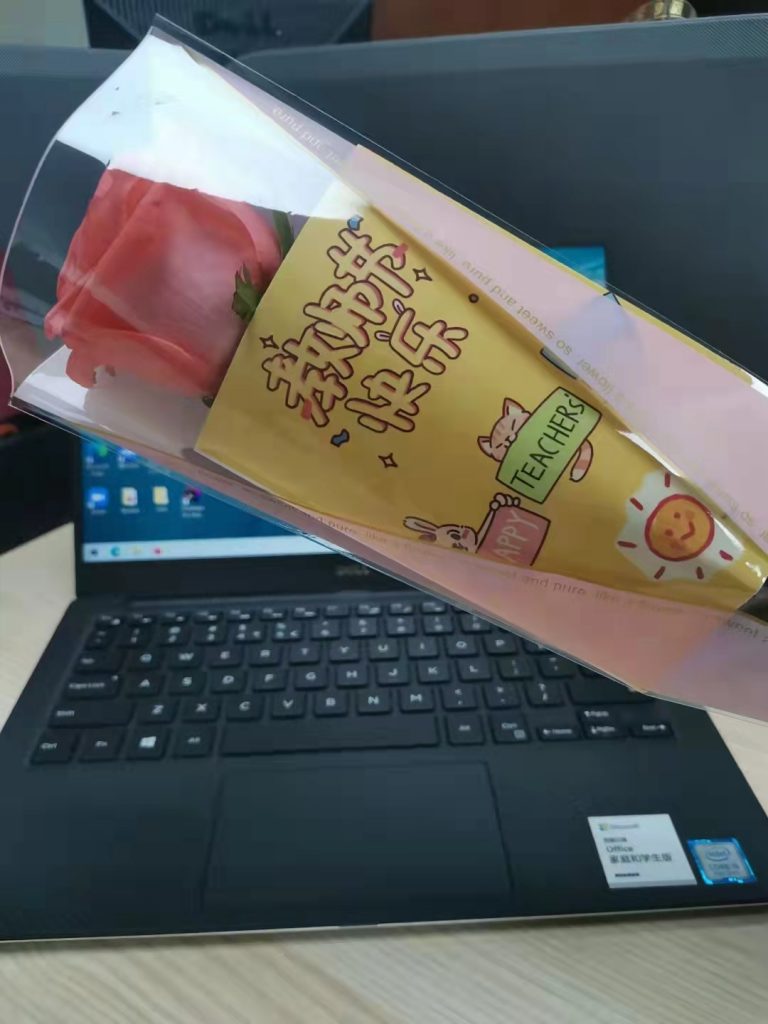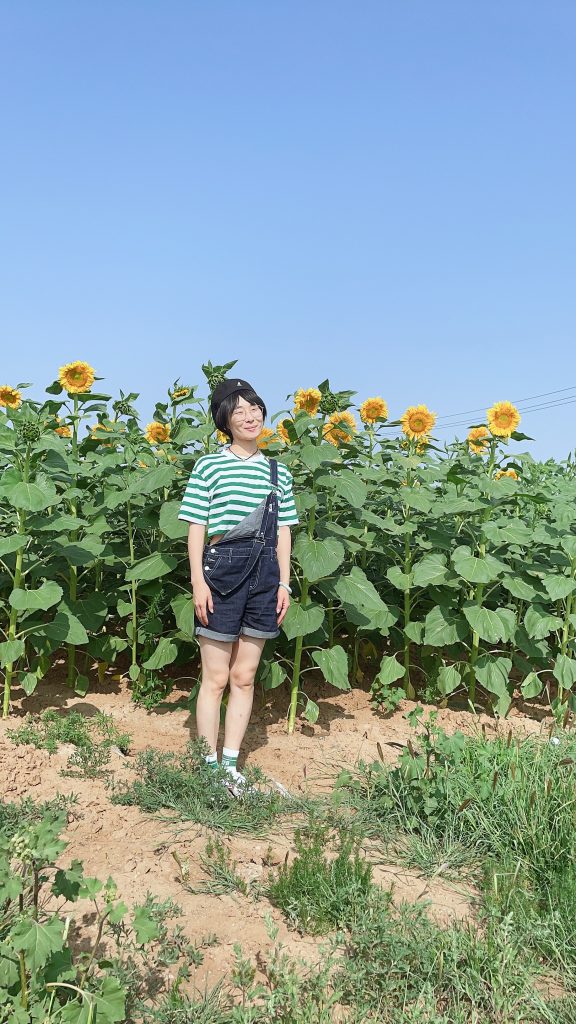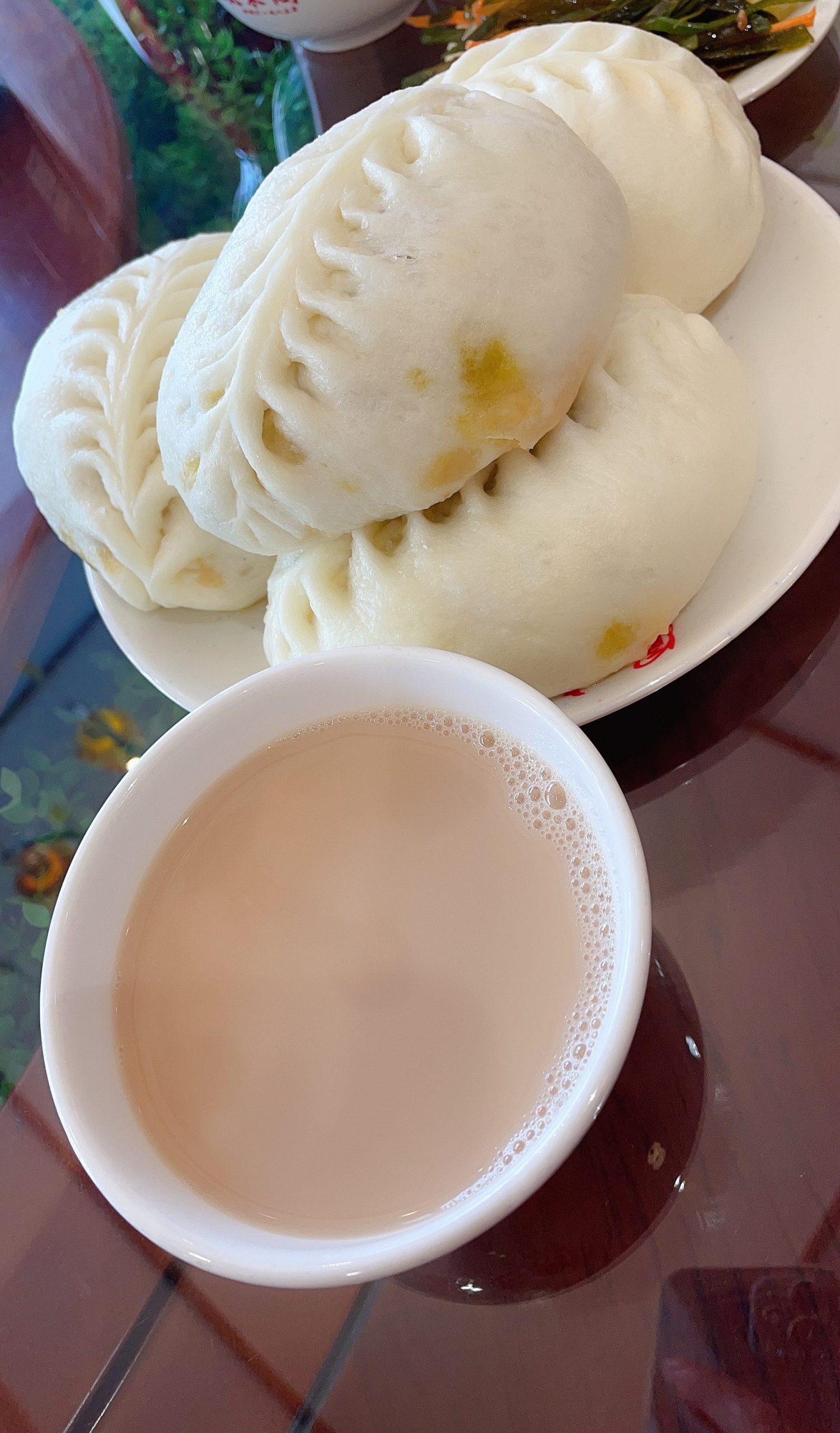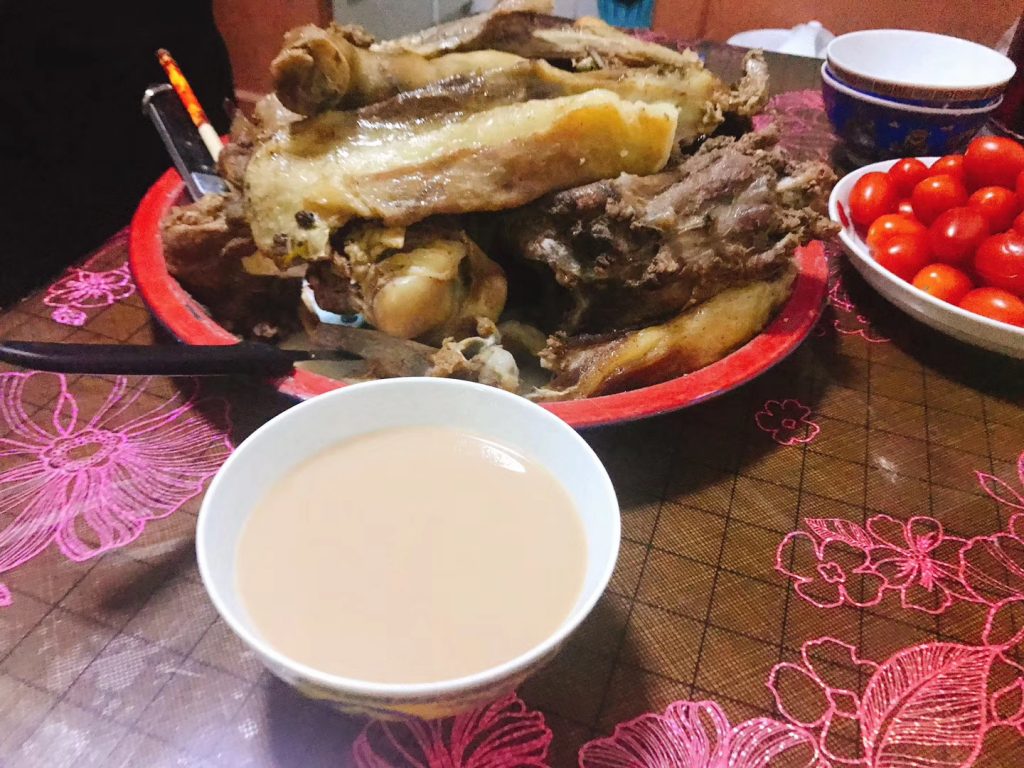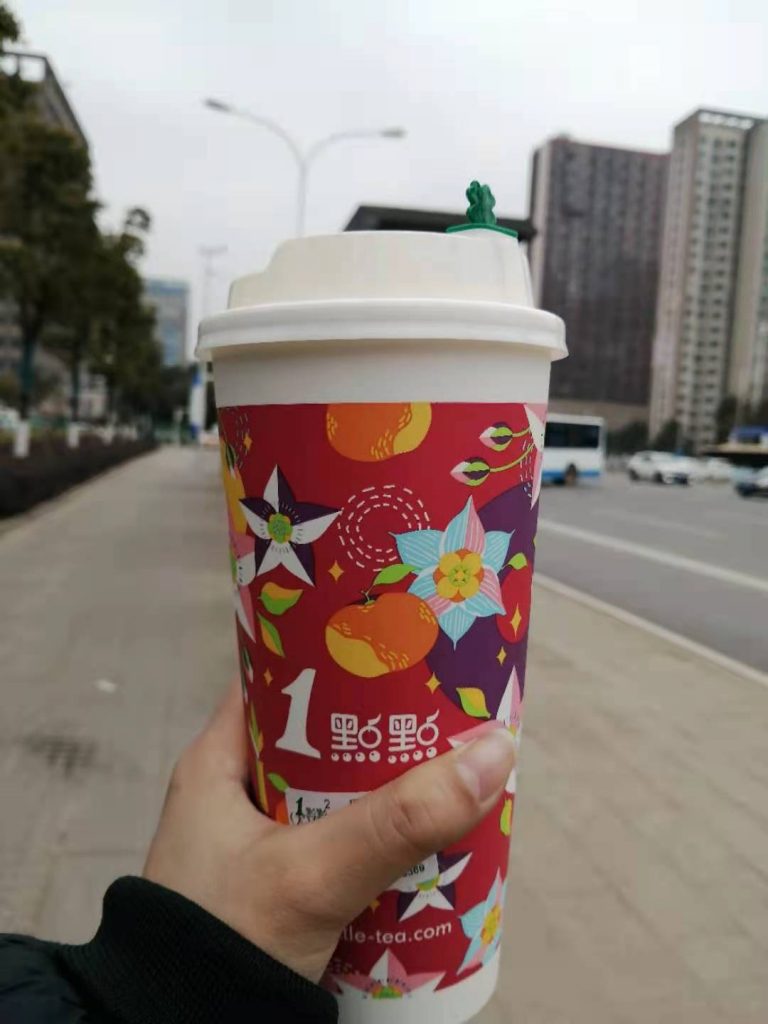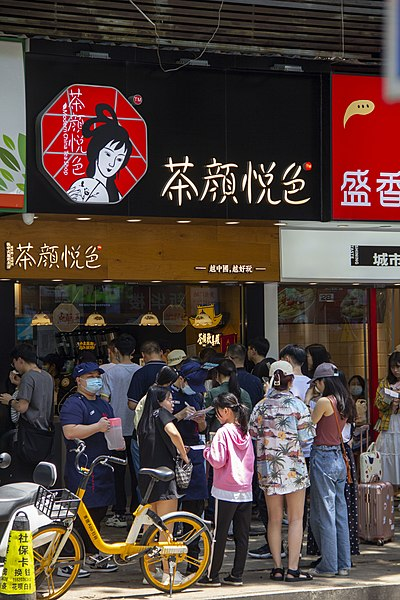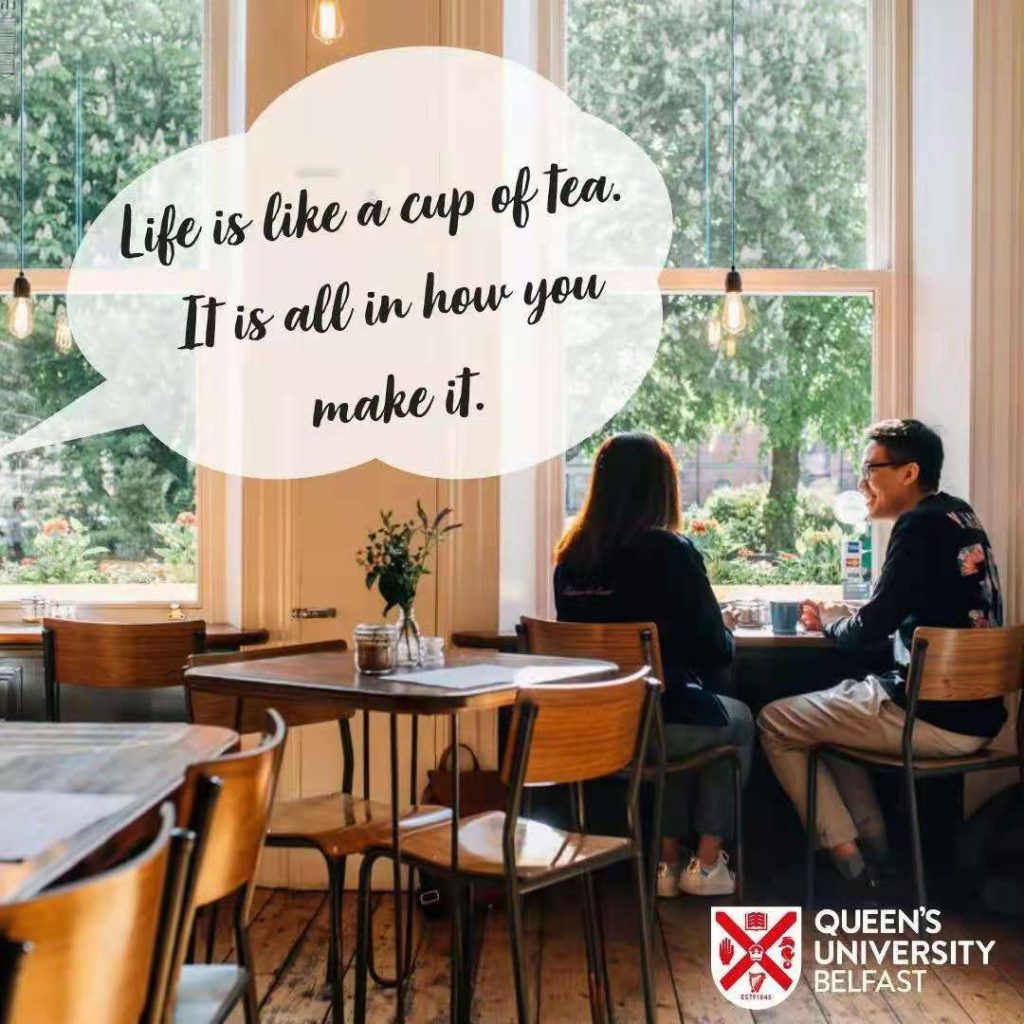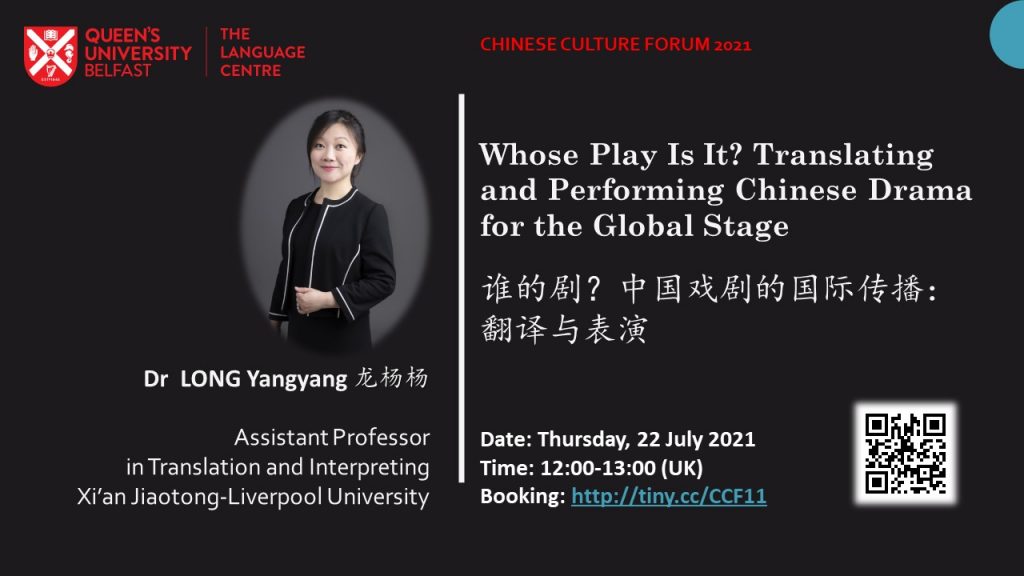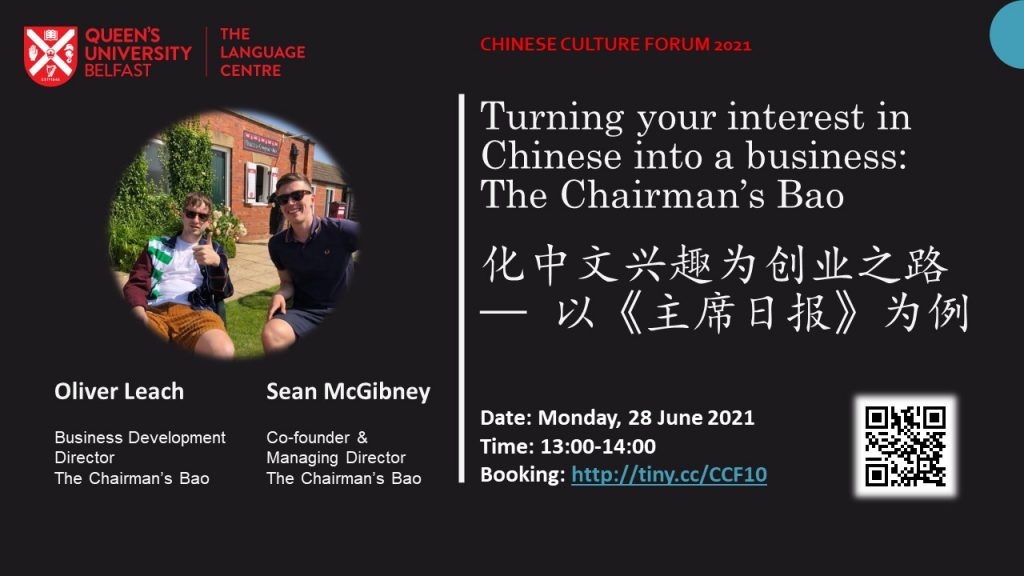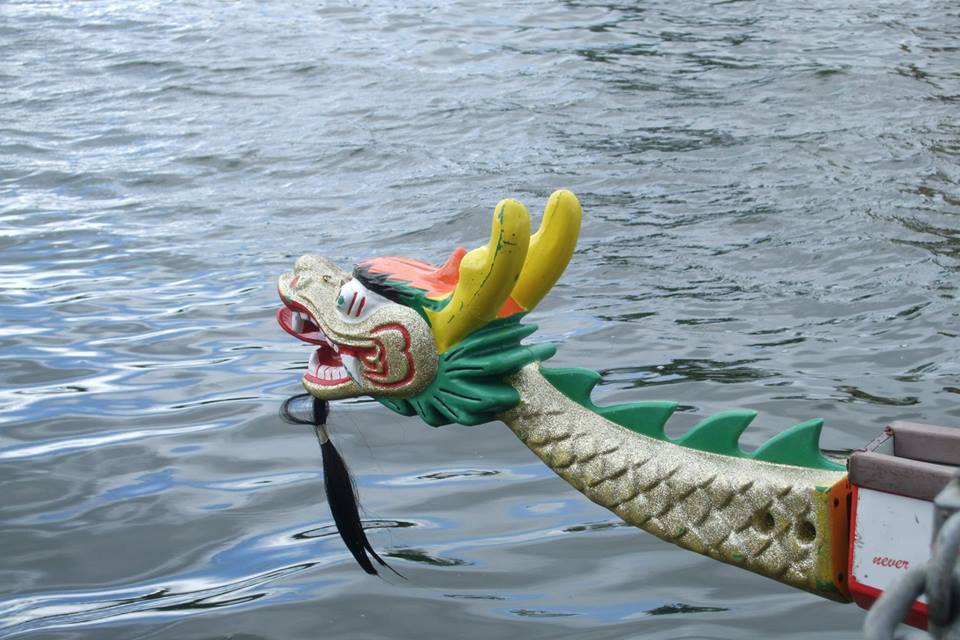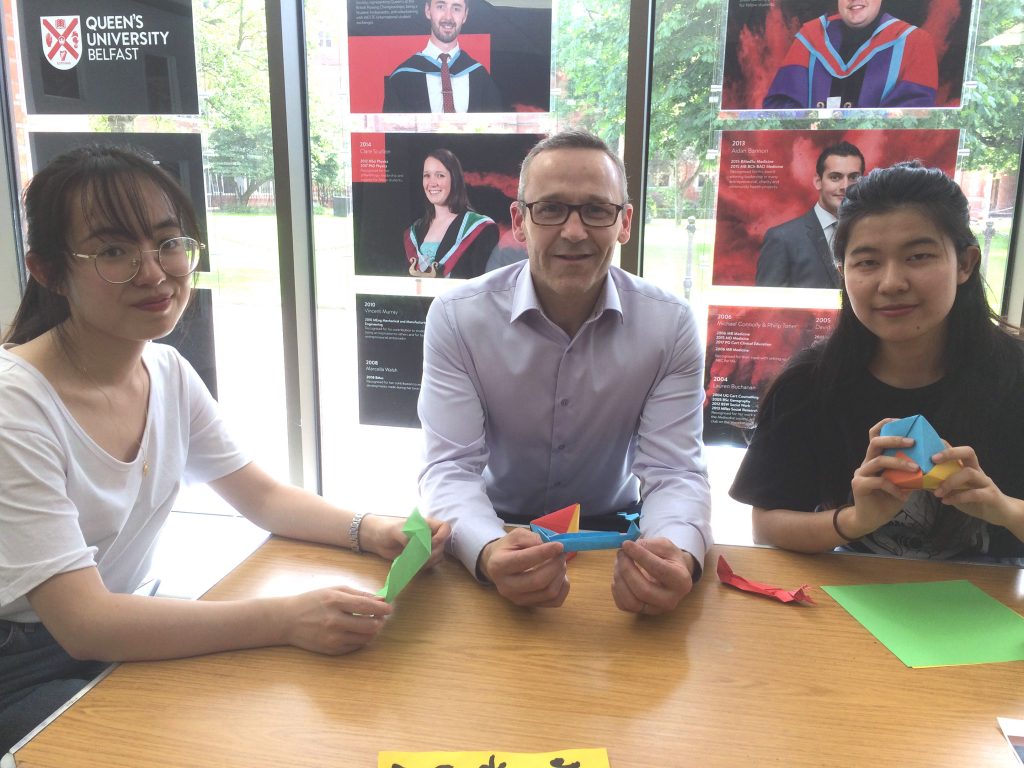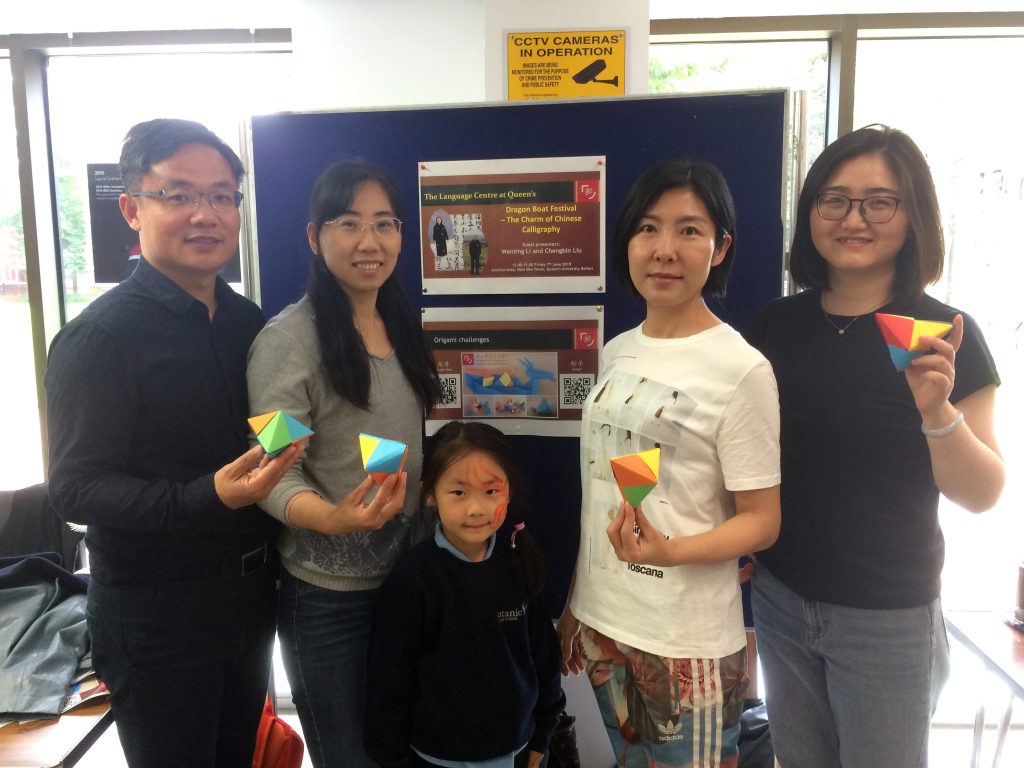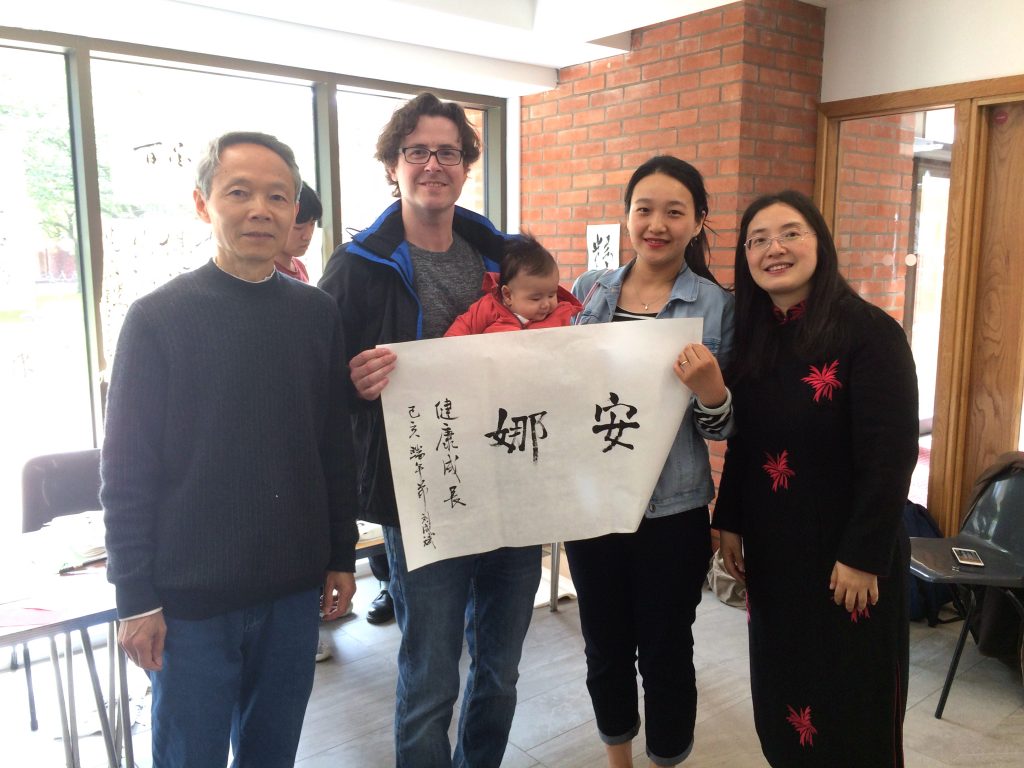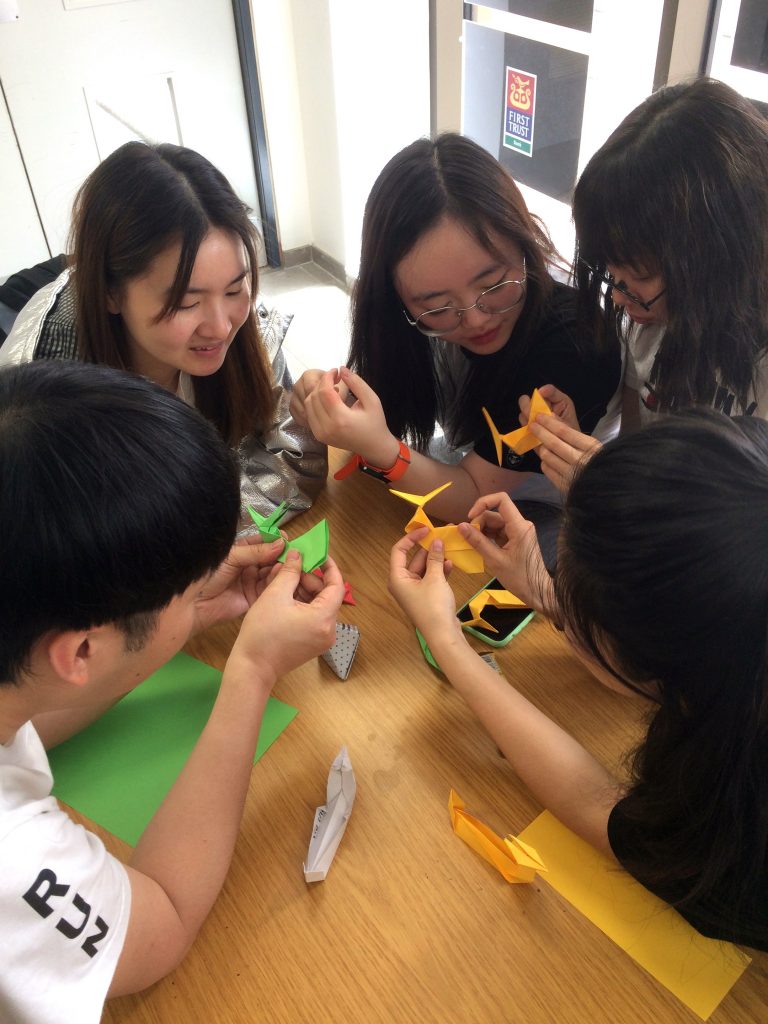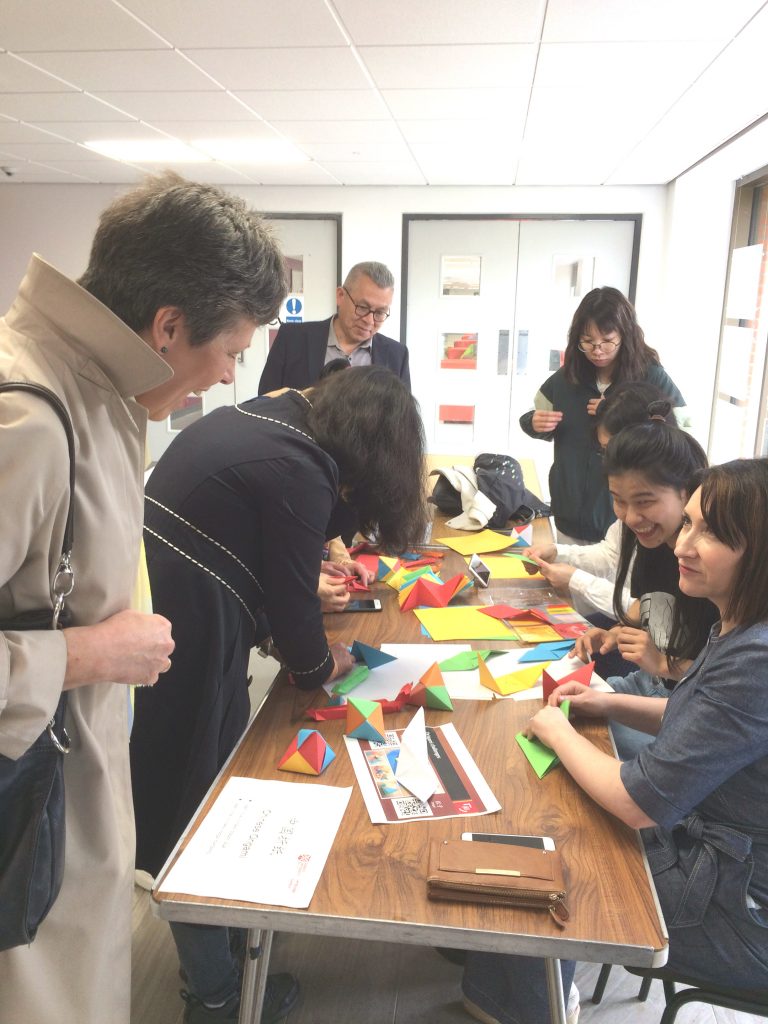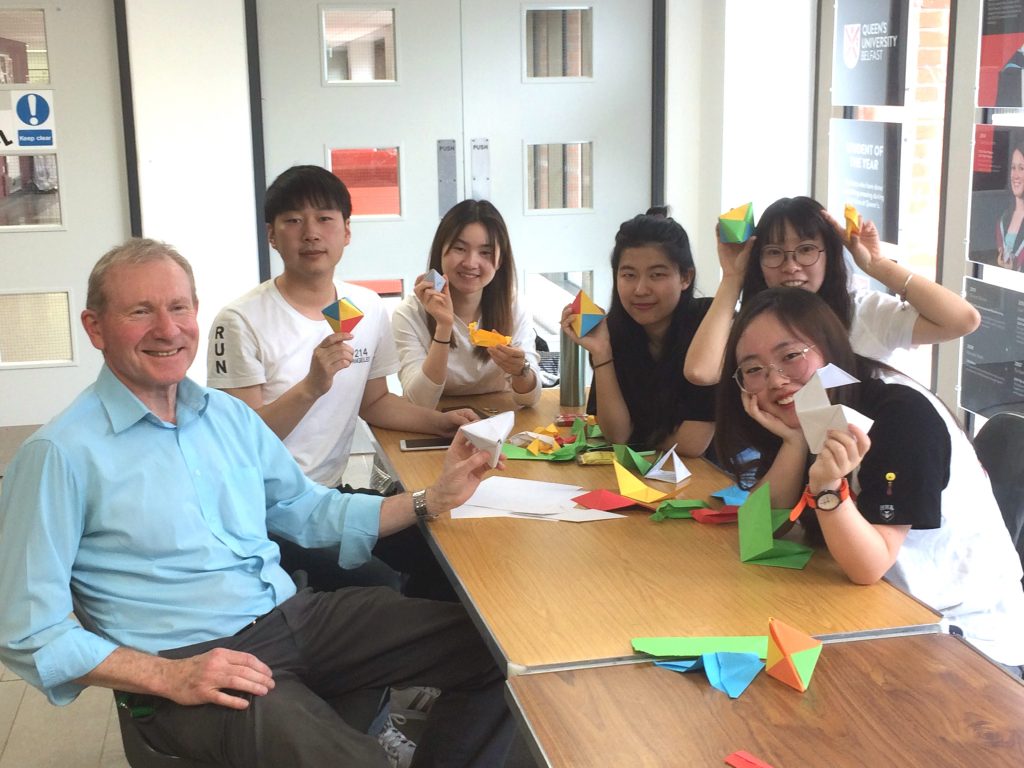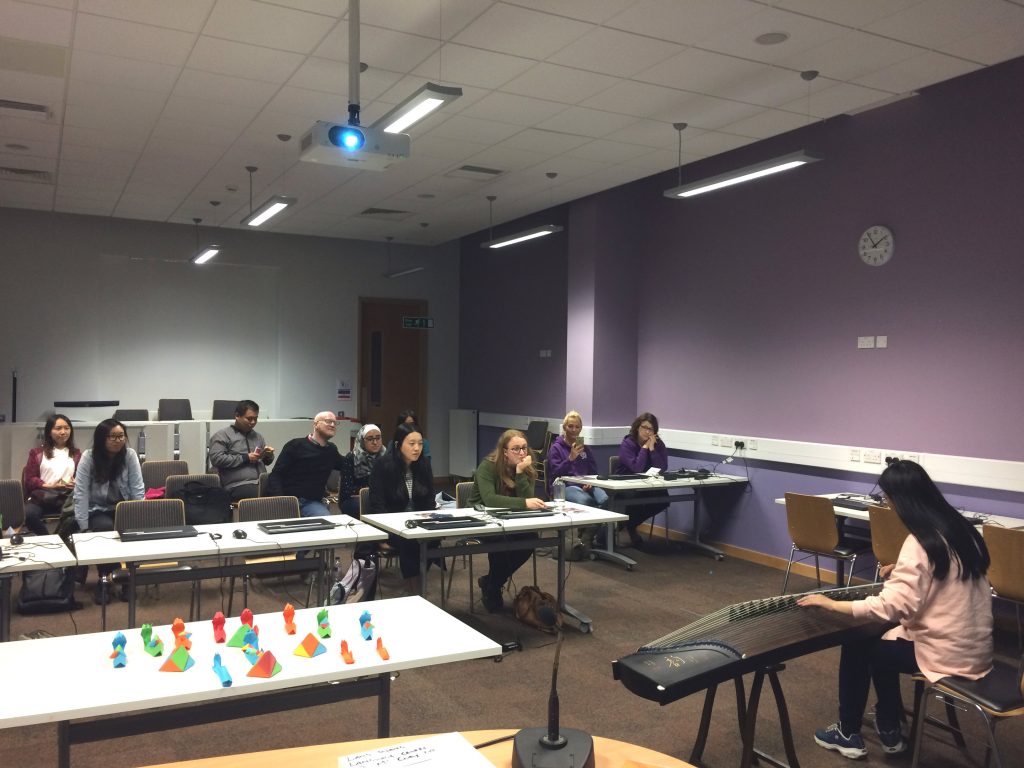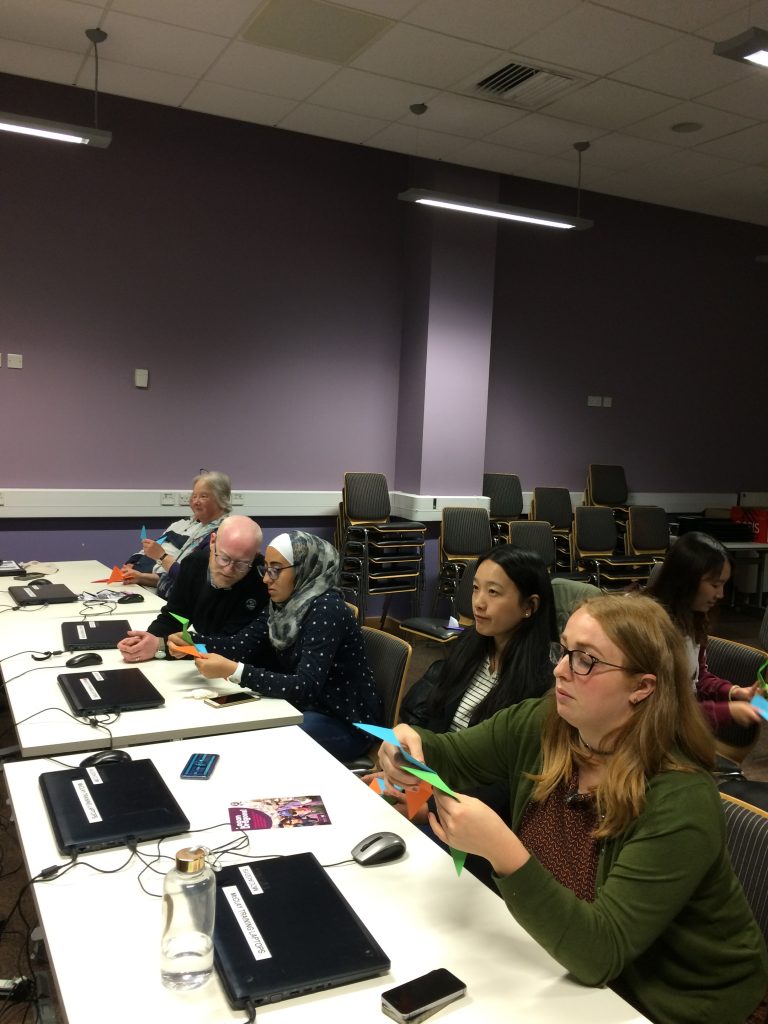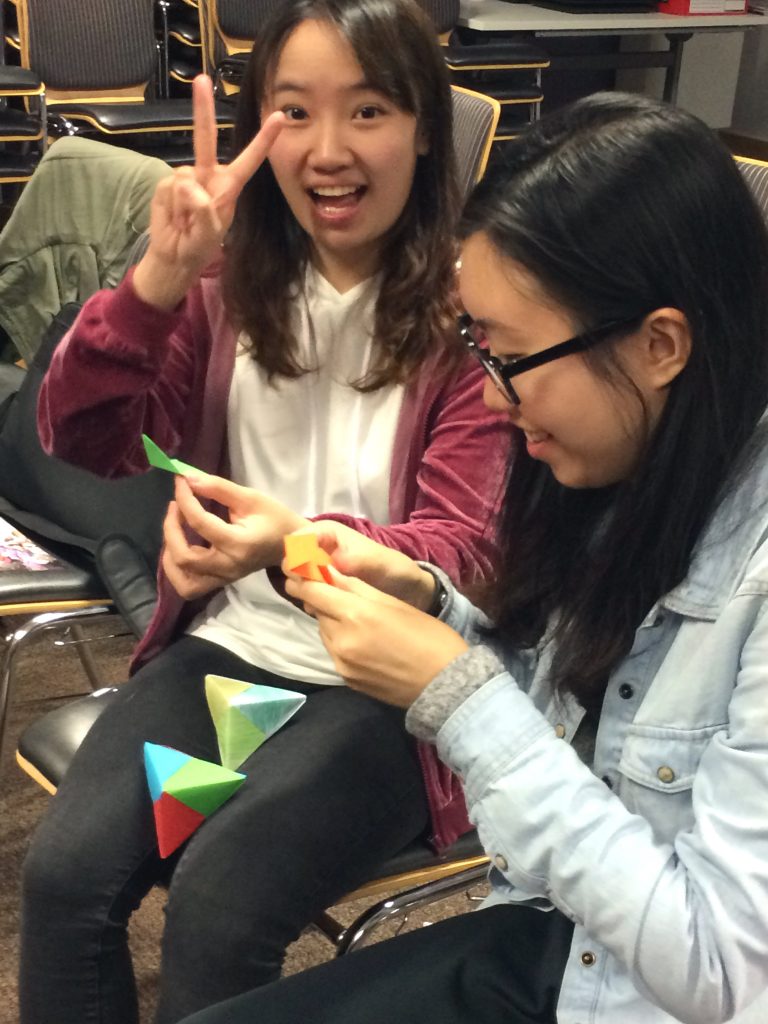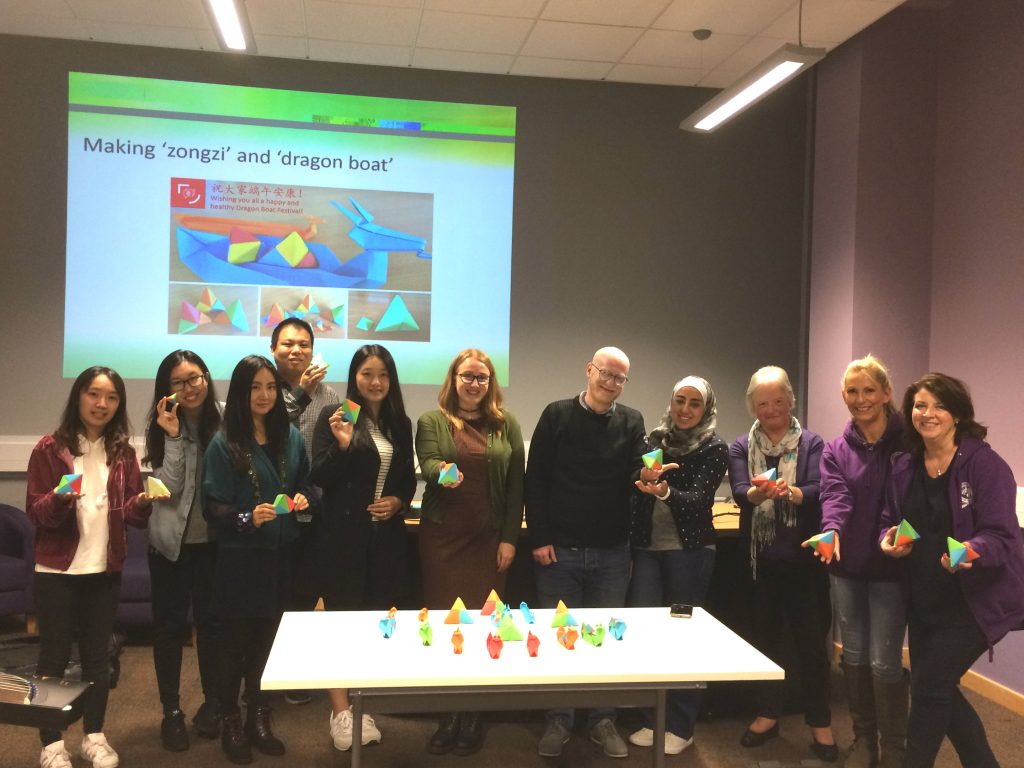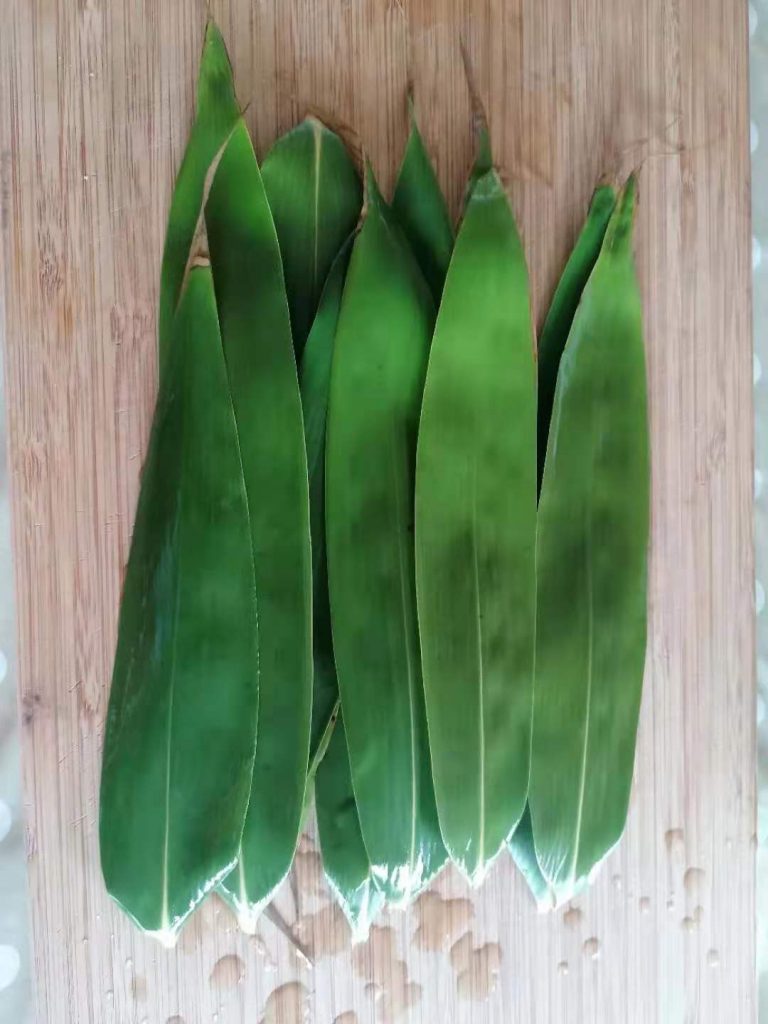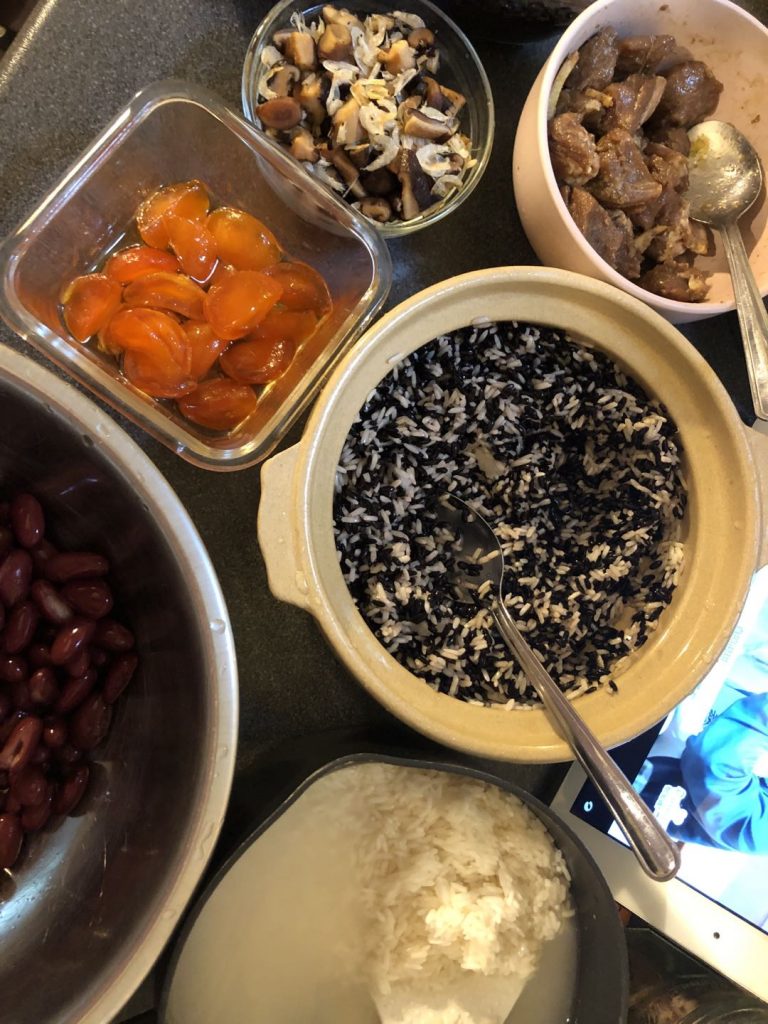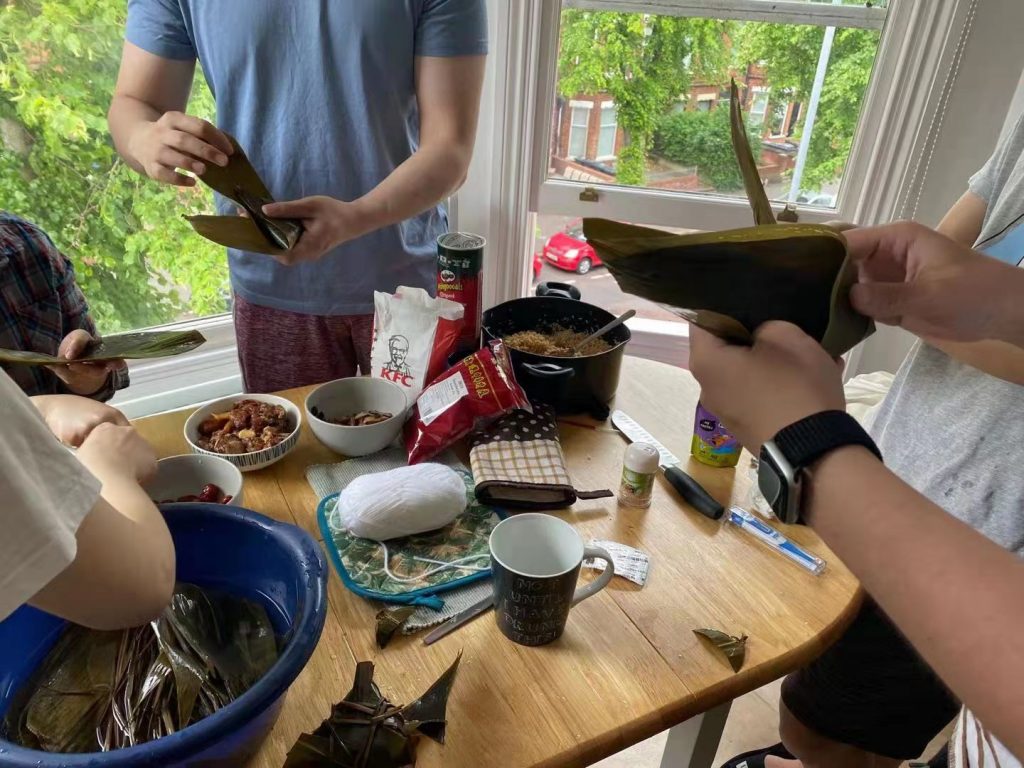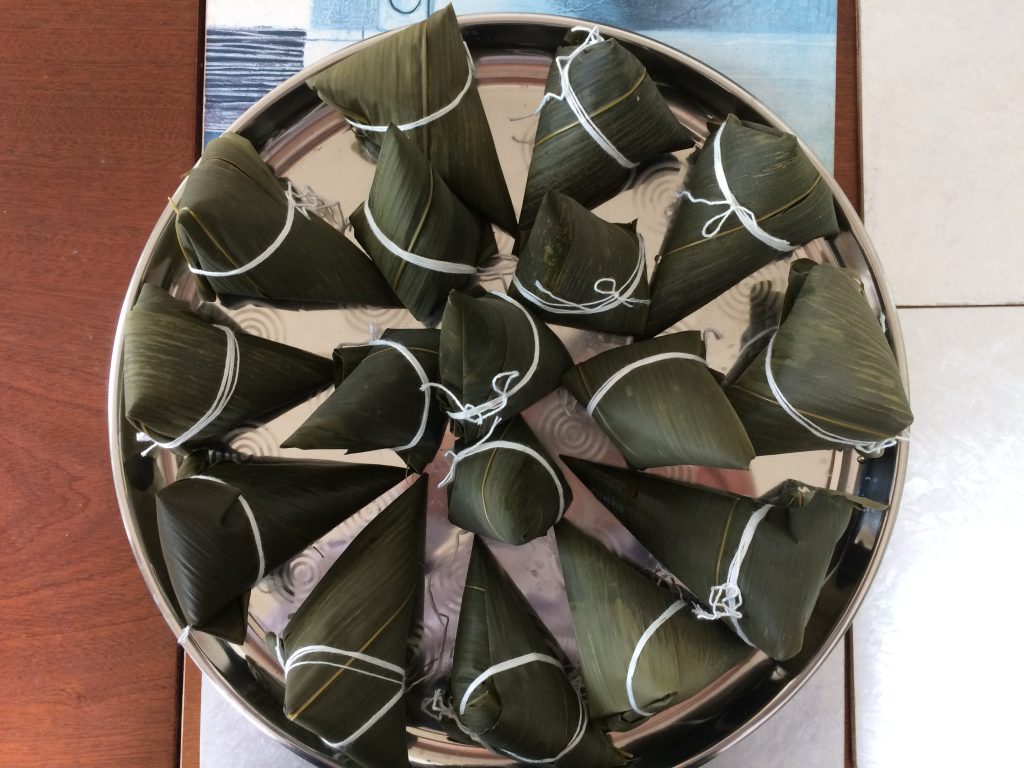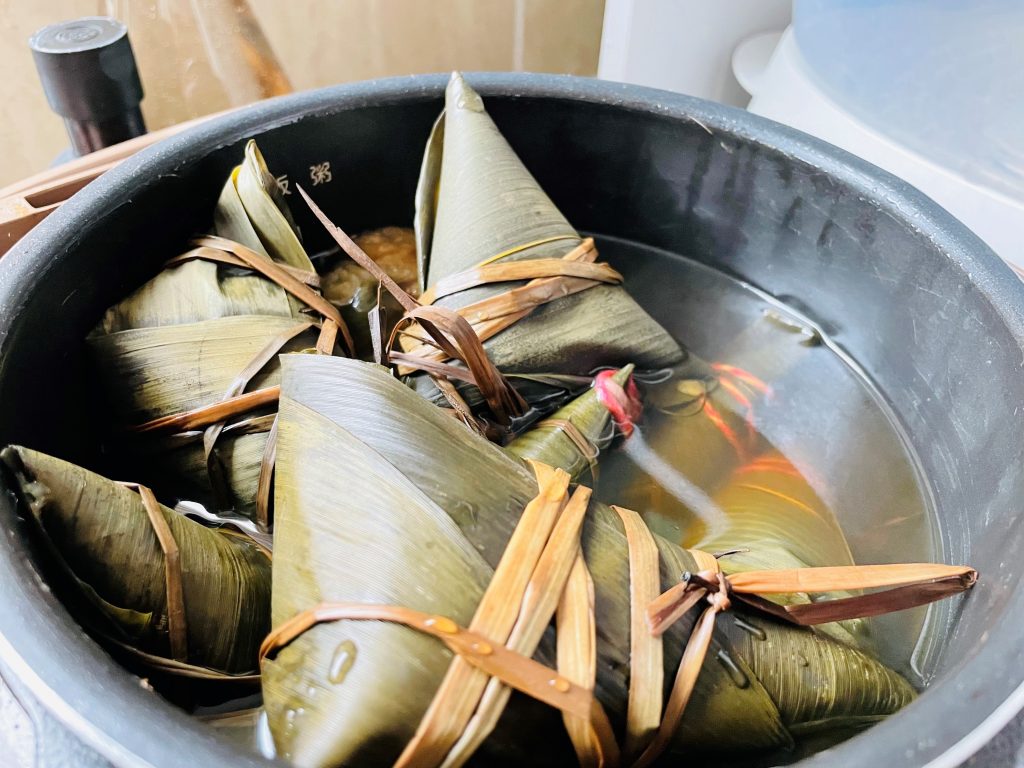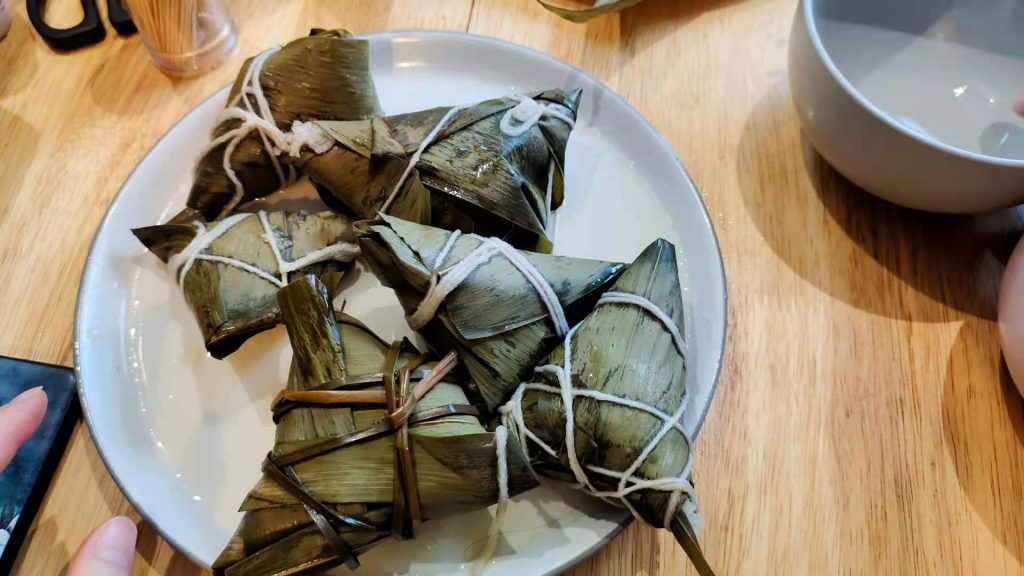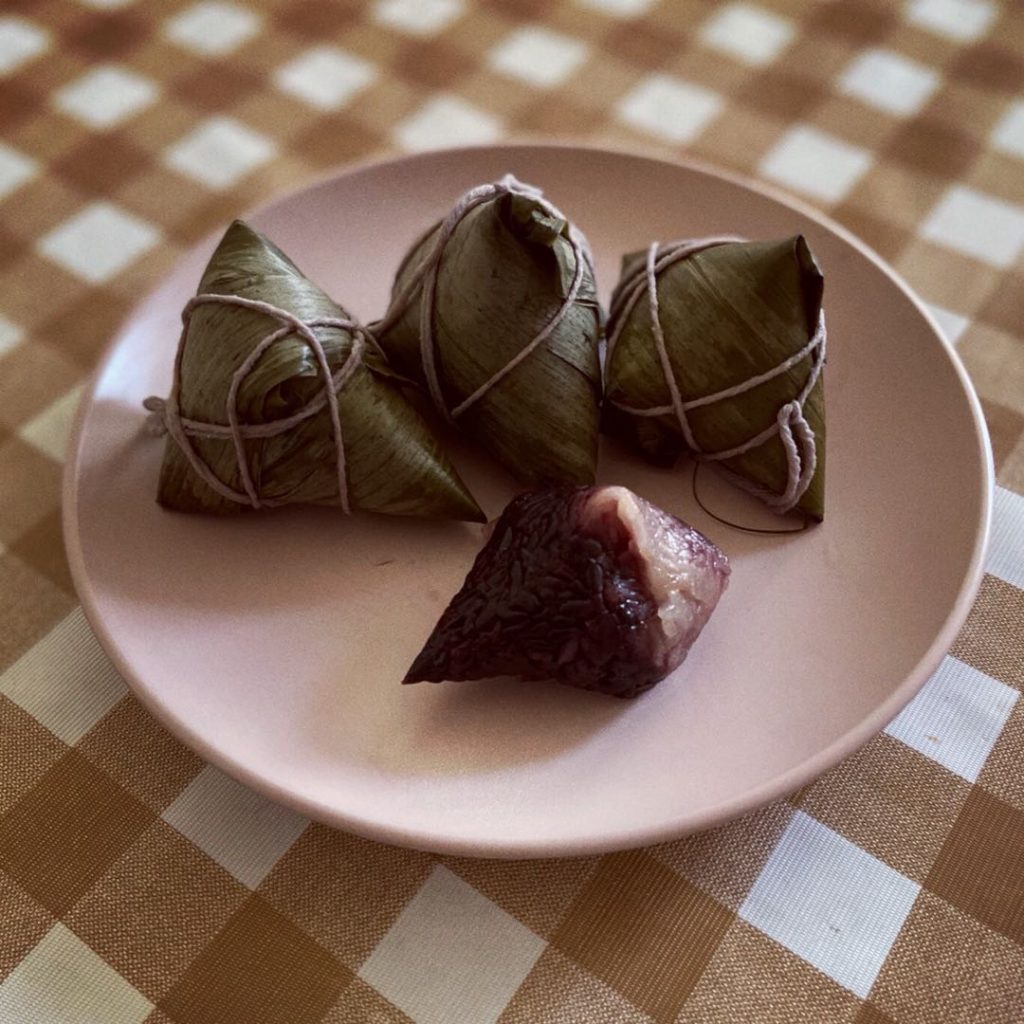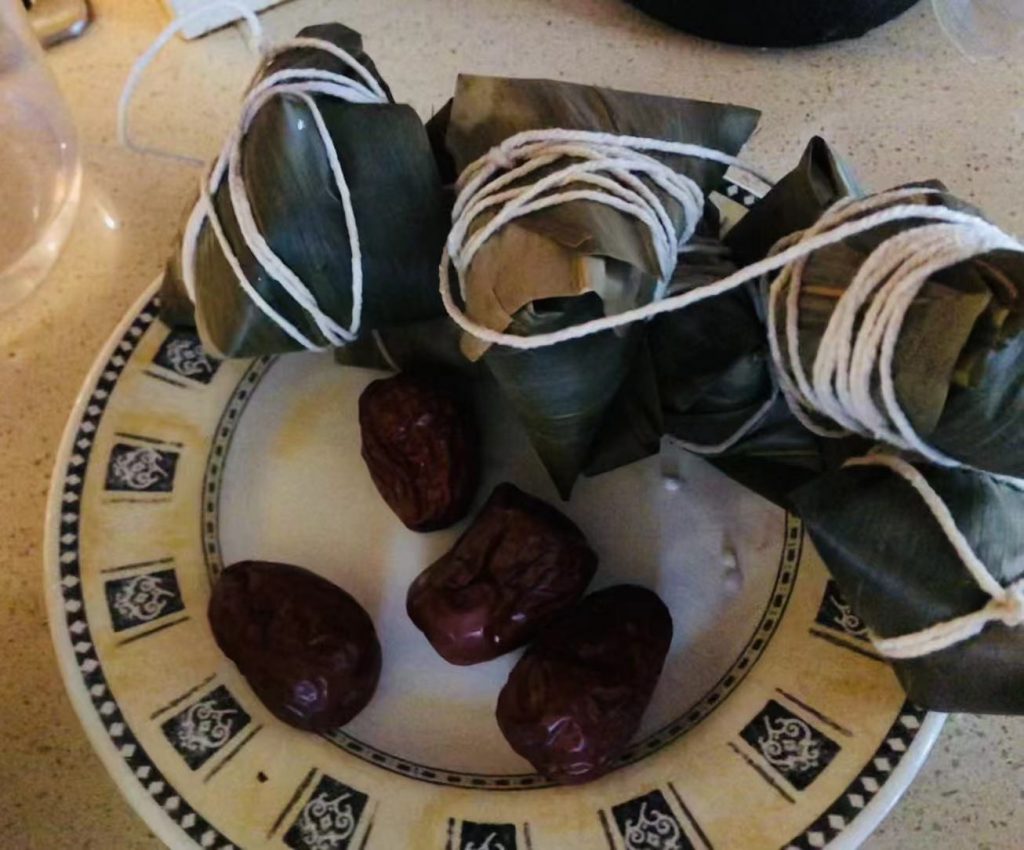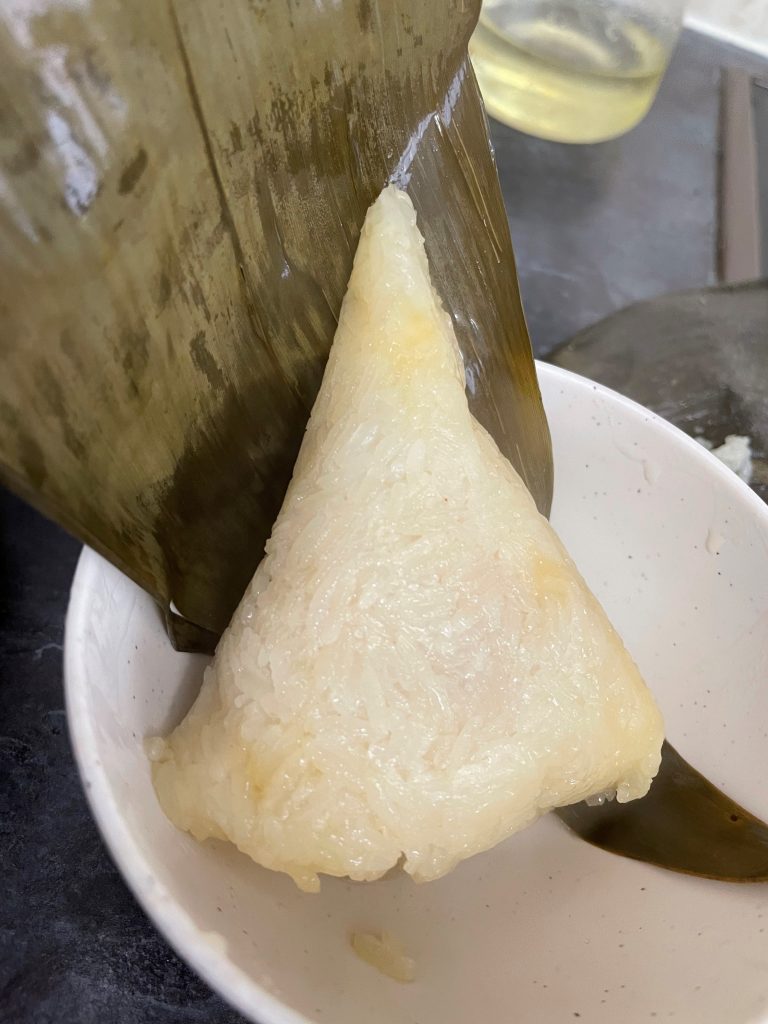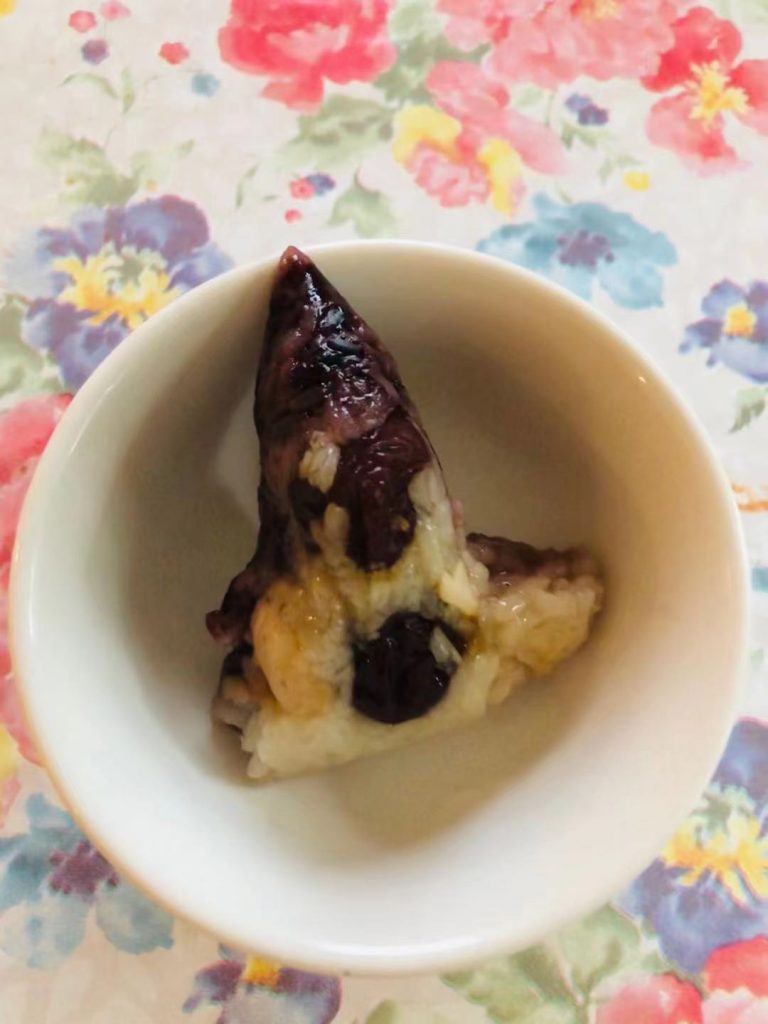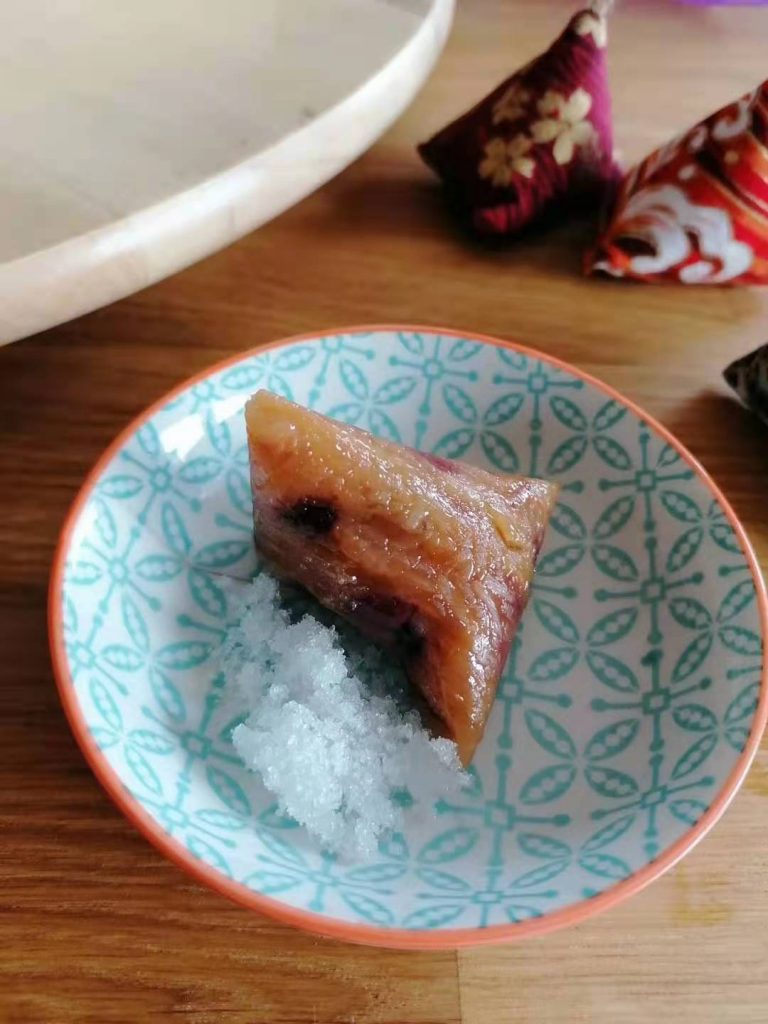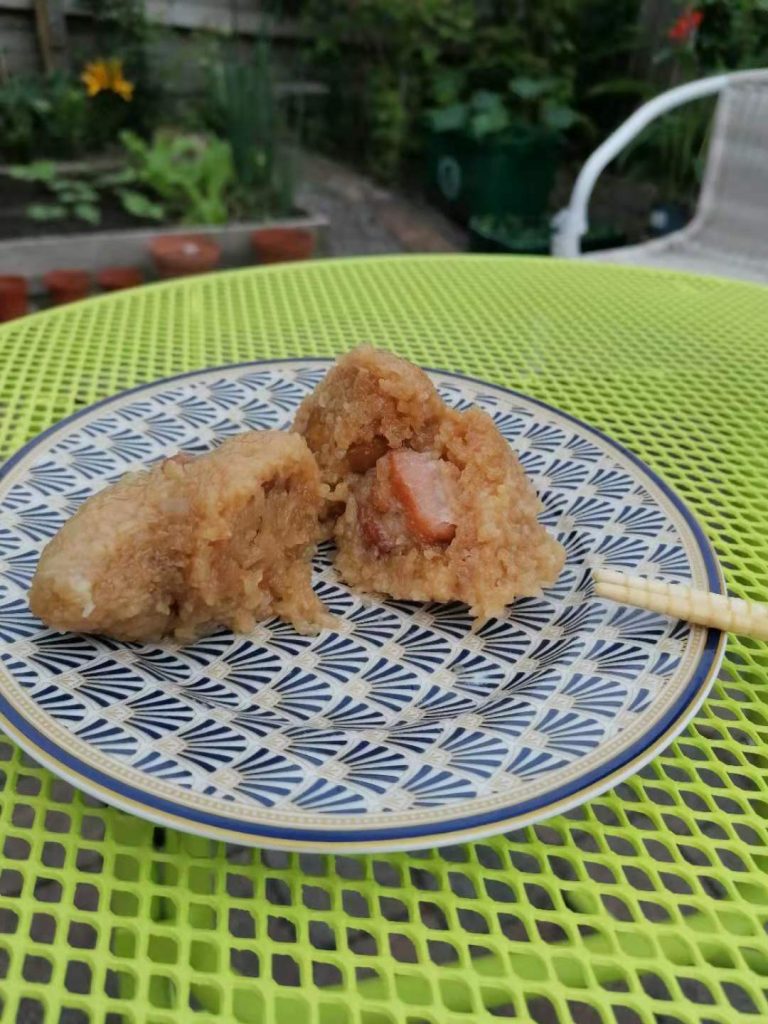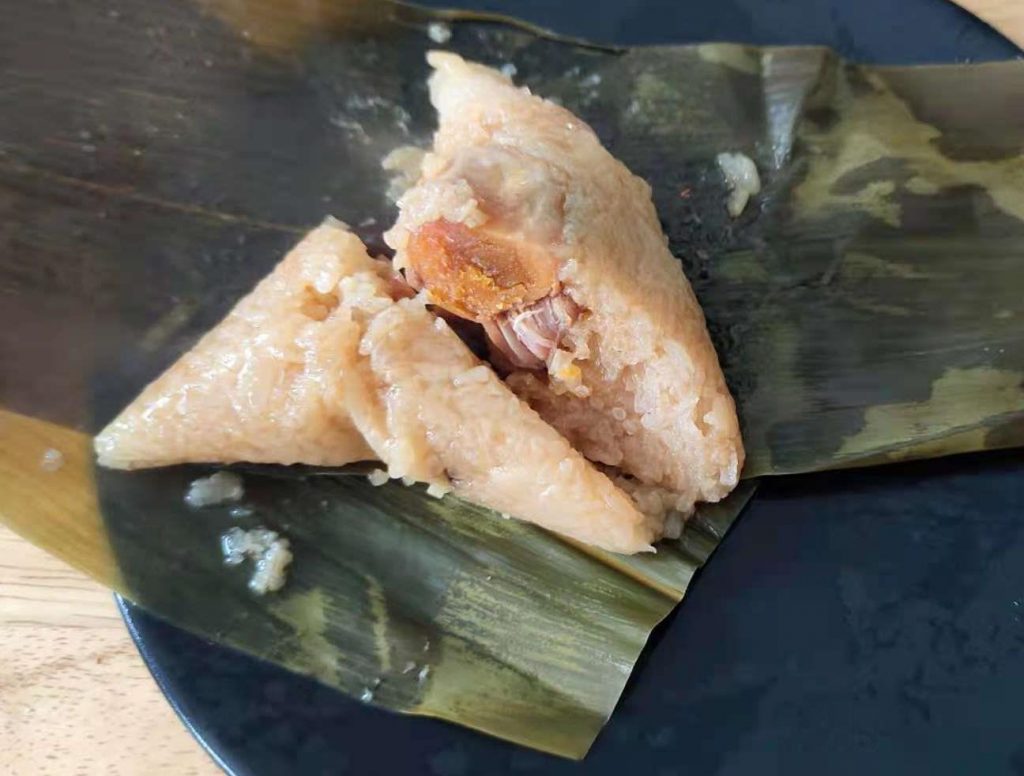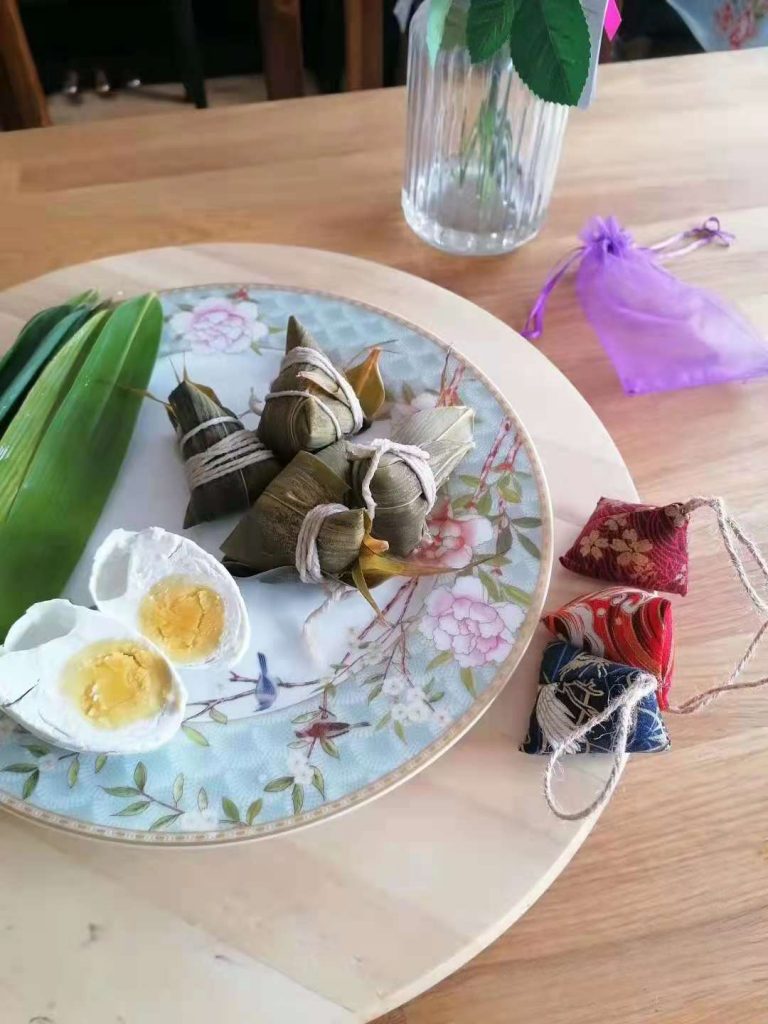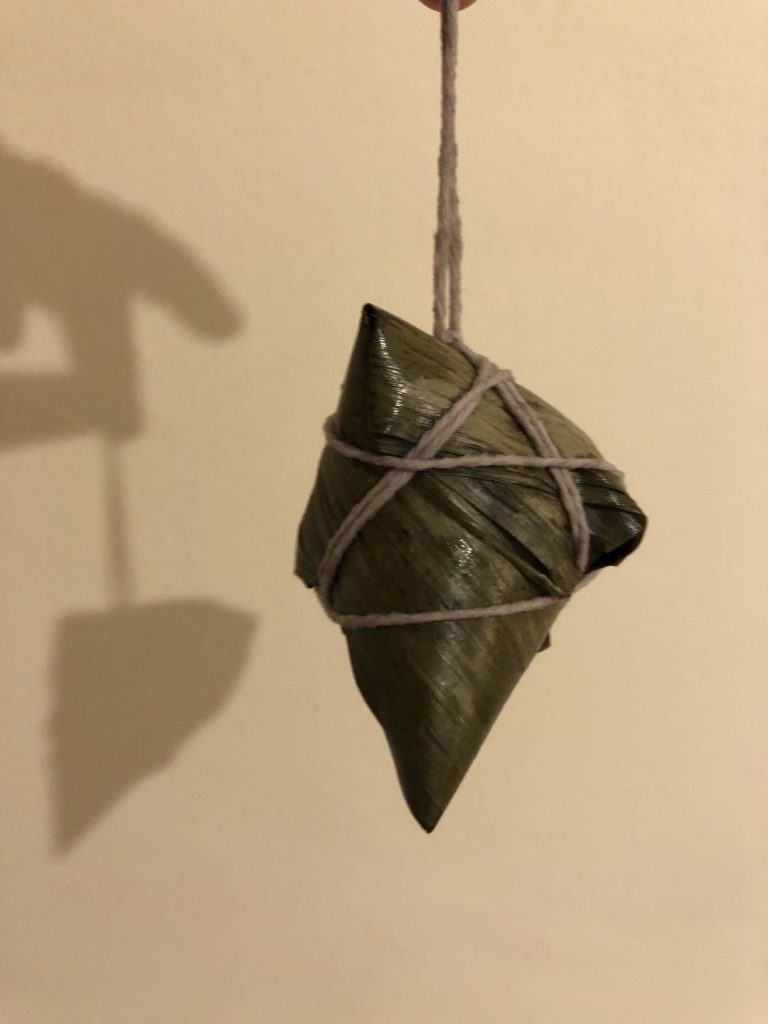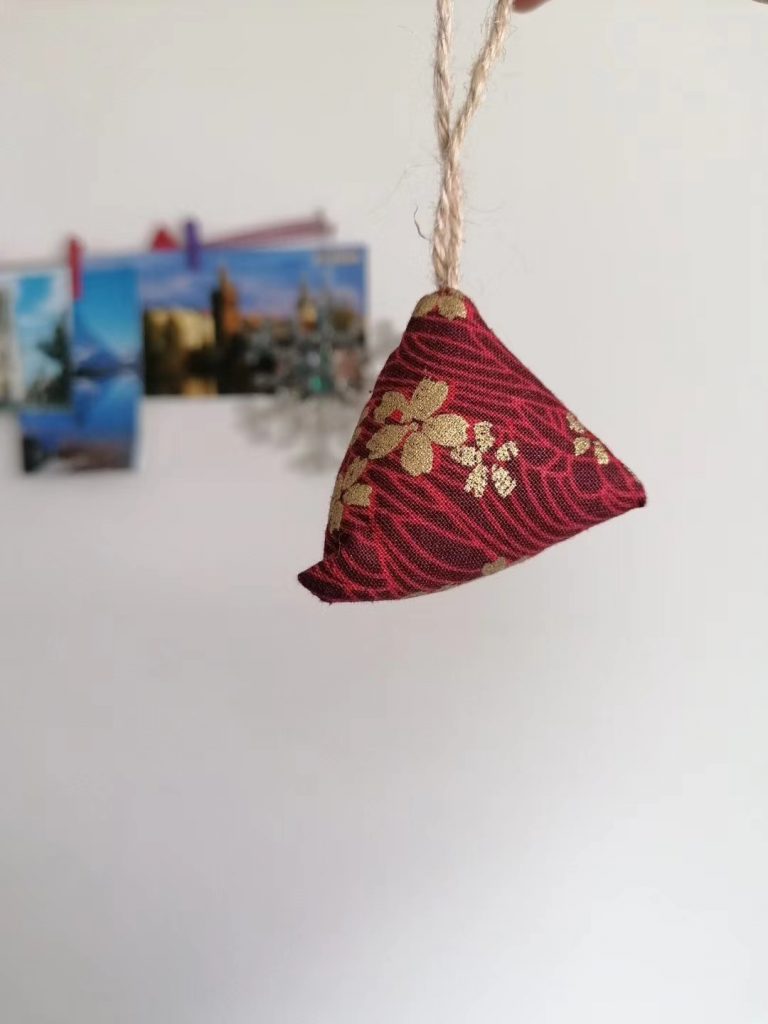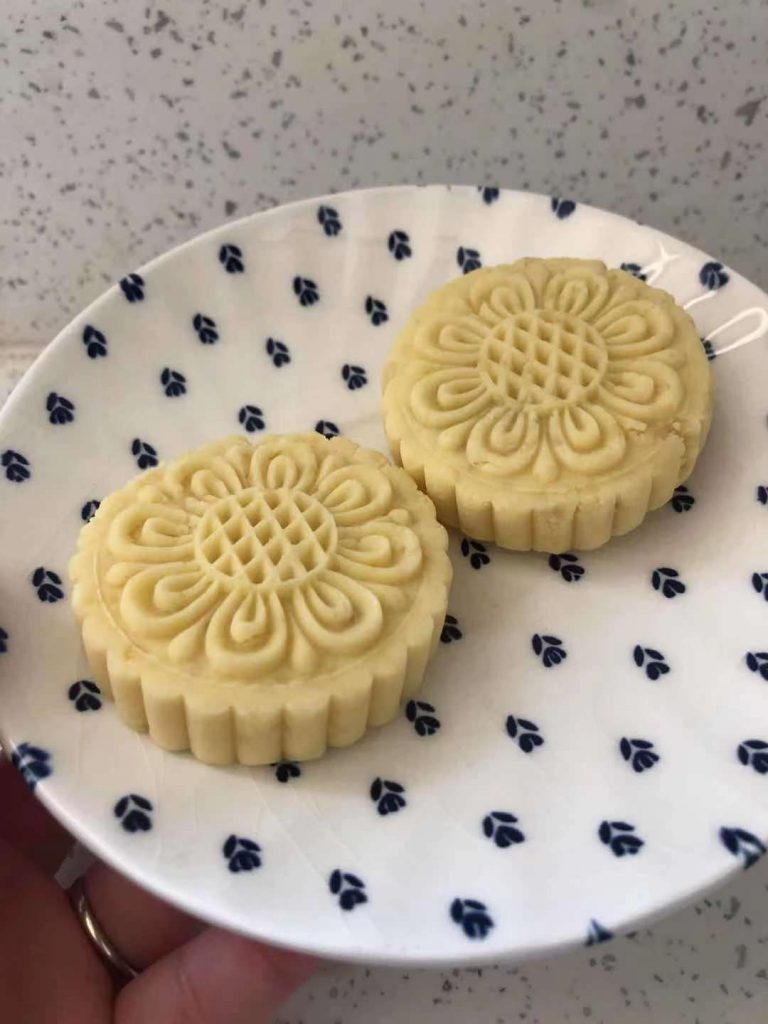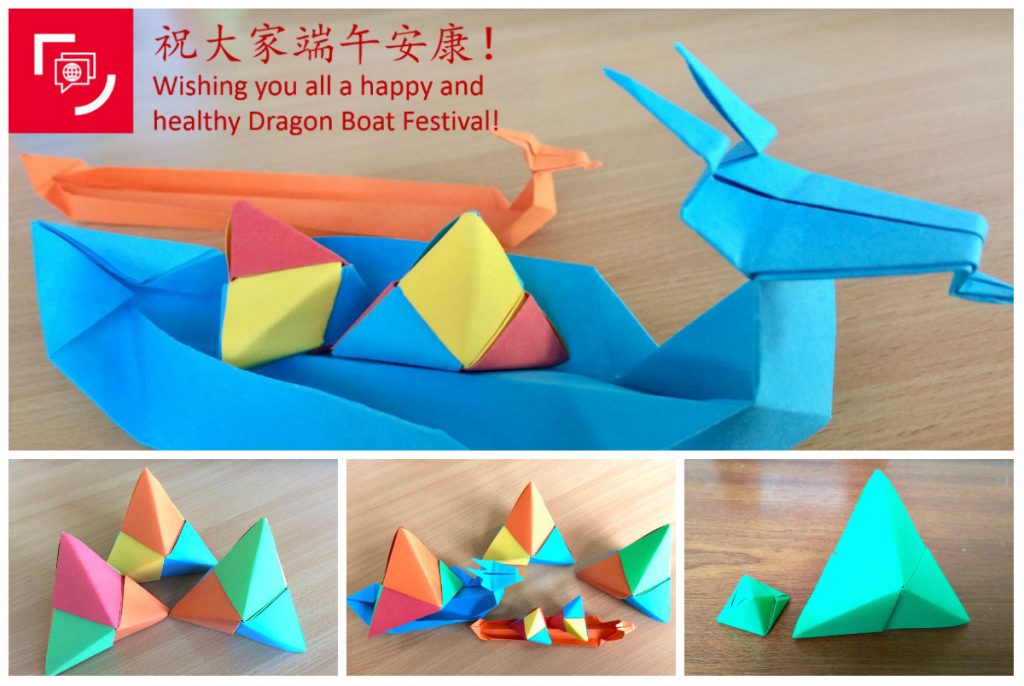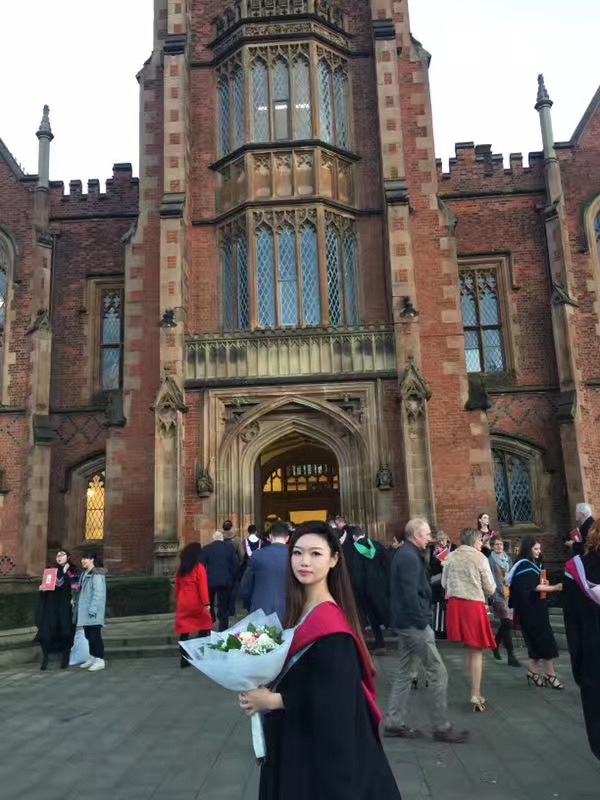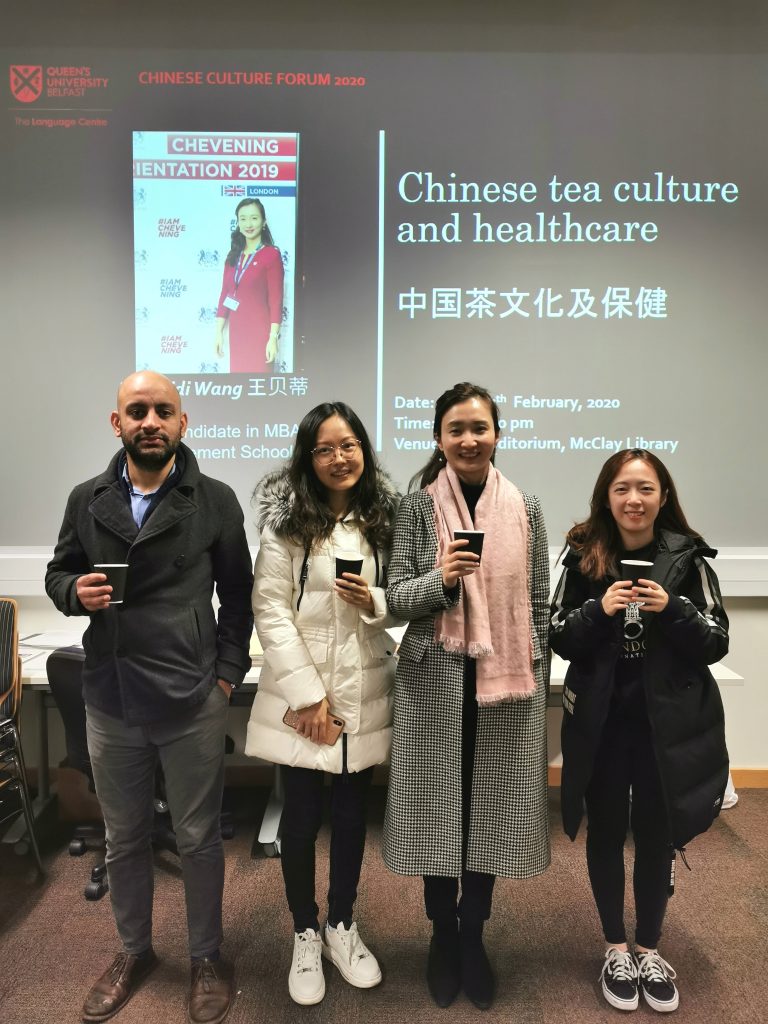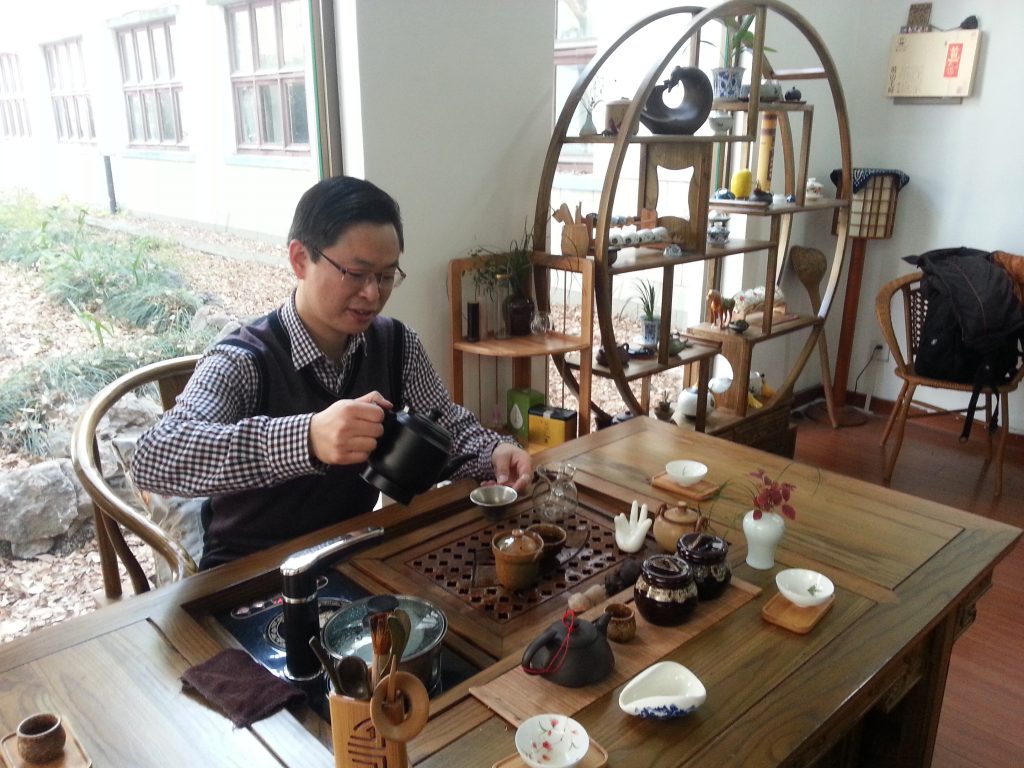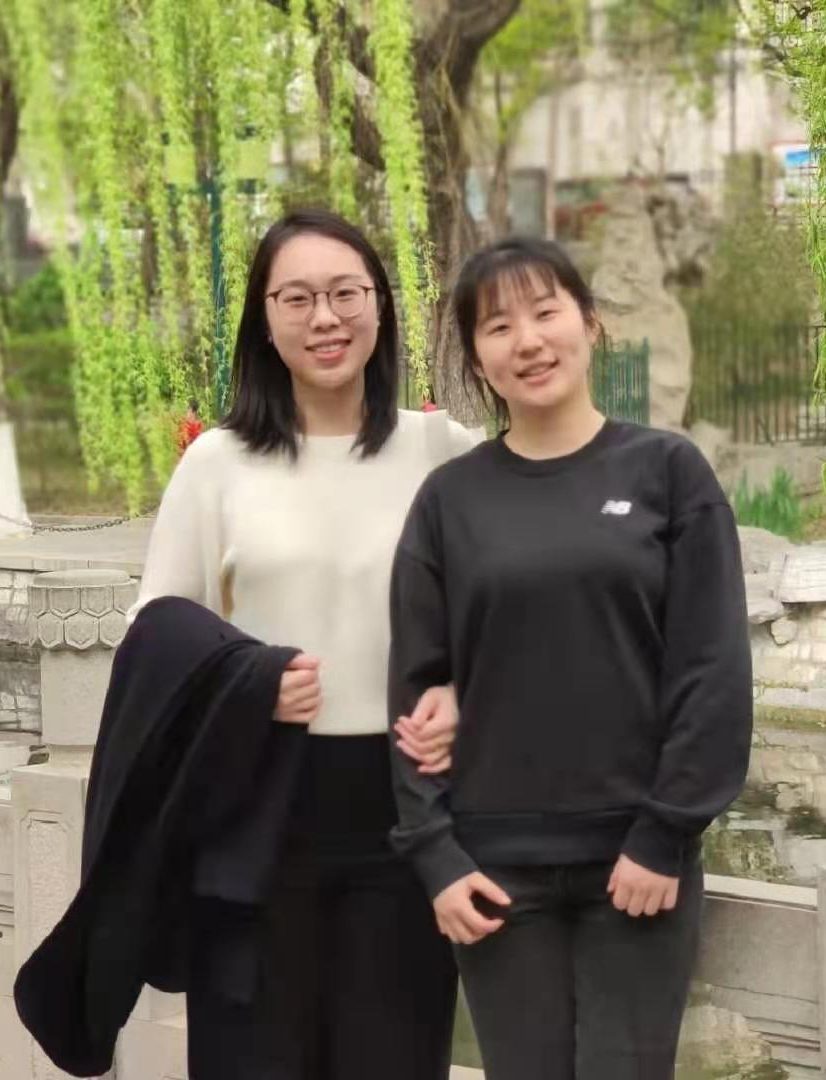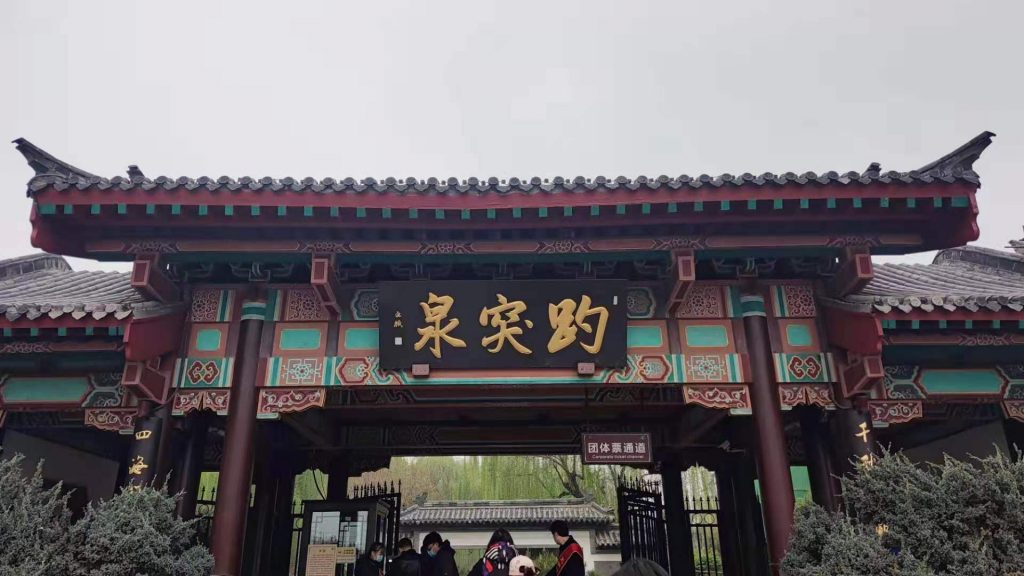Happy Chinese Teachers’ Day! 中国教师节快乐!
On the arrival of the Chinese Teachers’ Day on 10th September, we are happy to invite Dr Hui Ma, who shifted between his roles of student and teacher, to send his festival thoughts.
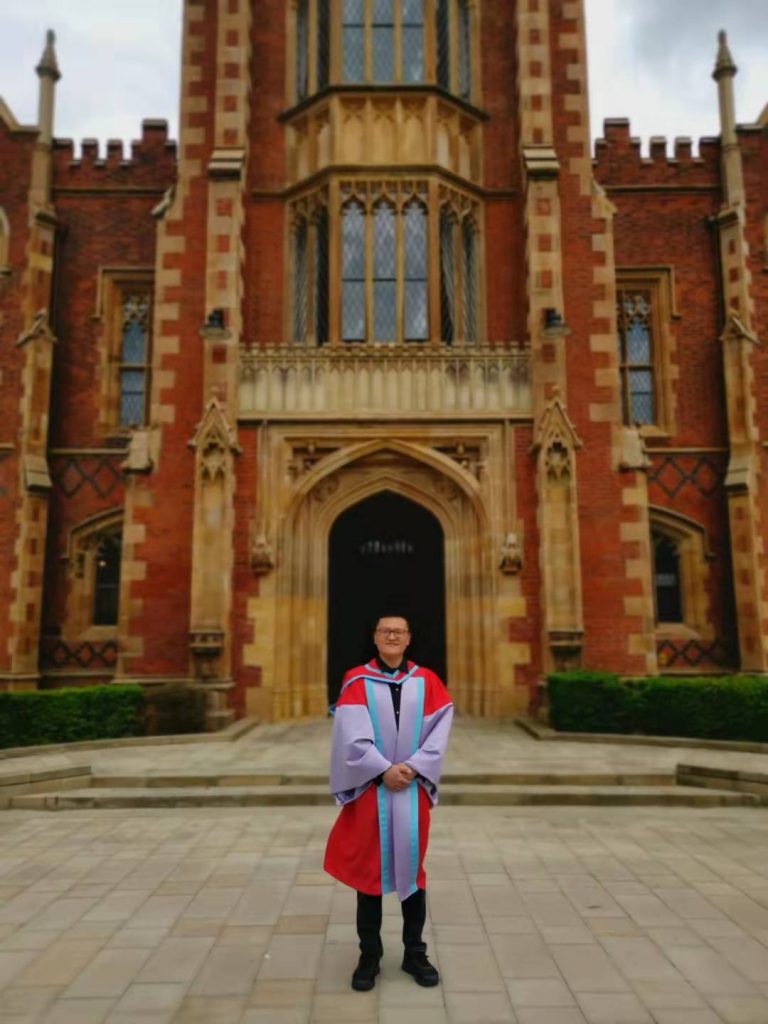
My name is Hui Ma. I just received my doctorate degree in education at Queen’s University Belfast, specializing in teaching English as a second or foreign language.
My research interest is in language assessment and language education. Currently, I am working as postdoctoral research assistant in education at Queen’s. I also have recently received offers to work as lecturer in some key universities in China.
Graduation, Image@HuiMa
With 6 years’ experience of English teaching and working as a part-time student counsellor in a Chinese college, I had decided to pursuit the doctorate degree at Queen’s University Belfast in order to better qualify myself as an educator and researcher. During my years at Queen’s, while being a research student learning a lot from my supervisors, I also worked as part-time student assistant for the International Office to offer due support to international students, most of whom are Chinese students. Quite often, I was called as ‘Ma laoshi (lit. Ma teacher) when I was contacted with enquiries or thank-you messages. I am glad to have been helpful.
So, I would like to take this opportunity to sincerely wish my teachers, home and abroad, and my fellow colleagues who are teachers and educators in China as well as elsewhere a happy and healthy life.
Language in use
If you are learning Chinese, one of the first few words you may have learned in class probably included 老师 (lǎoshī) when your language teacher established the relationship by telling you how to address them in the Chinese way. Later you will have learned another word 教师 (jiàoshī) when talking about profession. Both mean teacher but the former is used as appellation while the latter refers to the occupation. So you can address your teacher, regardless of their academic titles (lecturer, professor, teaching fellow, etc.), by calling their family name followed by 老师 (lǎoshī). If one’s a teacher, in filling forms when asked about their occupation, they need to write 教师 (jiàoshī).
Sign up for a Chinese class to learn more
Celebrating the Teachers’ Day
On this day, students often present flowers or cards to their teachers to thank them for their devotion and care. So, here’s our card to all teachers and also wish Dr Ma a great re-start of becoming a teacher when he returns to China.
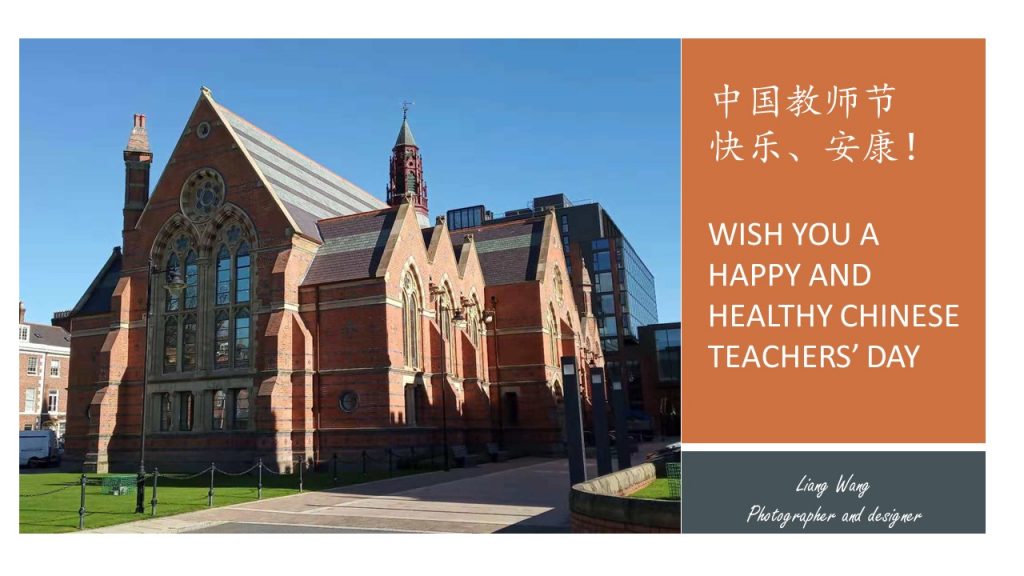
Photo collection from QUB alumni who teach in China
If you have any thoughts to send to your teachers who mean a lot to your growth at Queen’s, feel free to share your Teachers’ Day messages in the box below. We would like to continue this topic until the World Teachers’ Day on 5th October.

